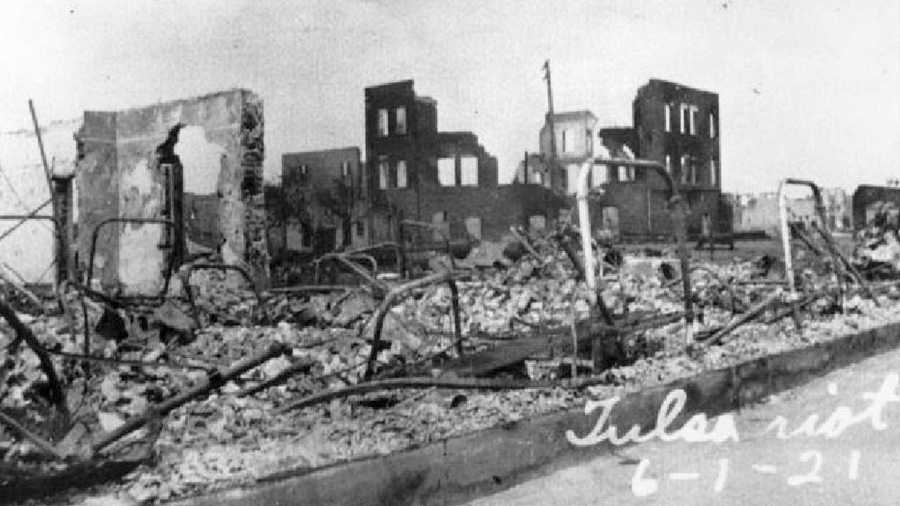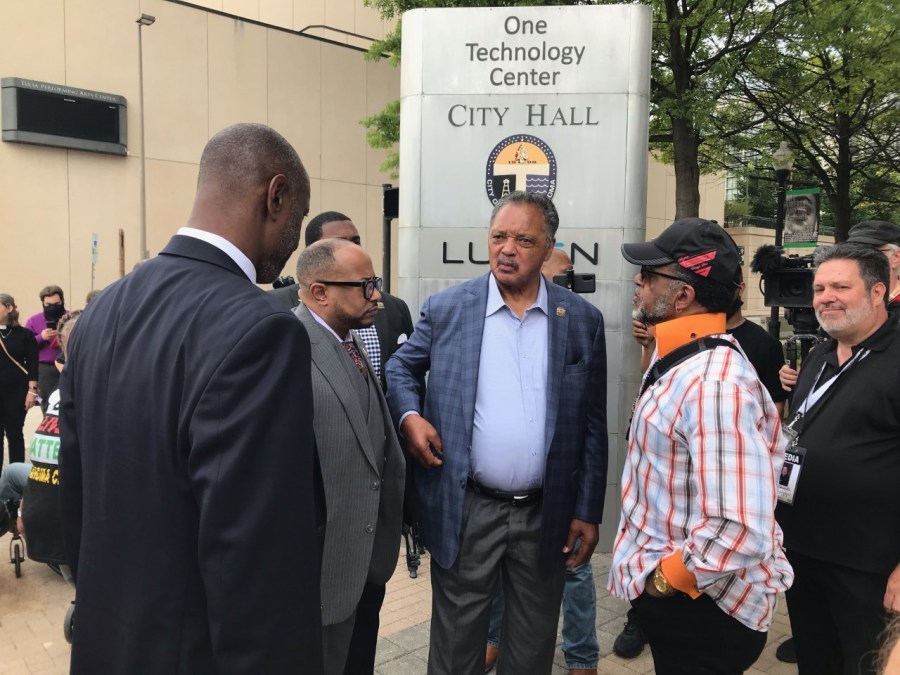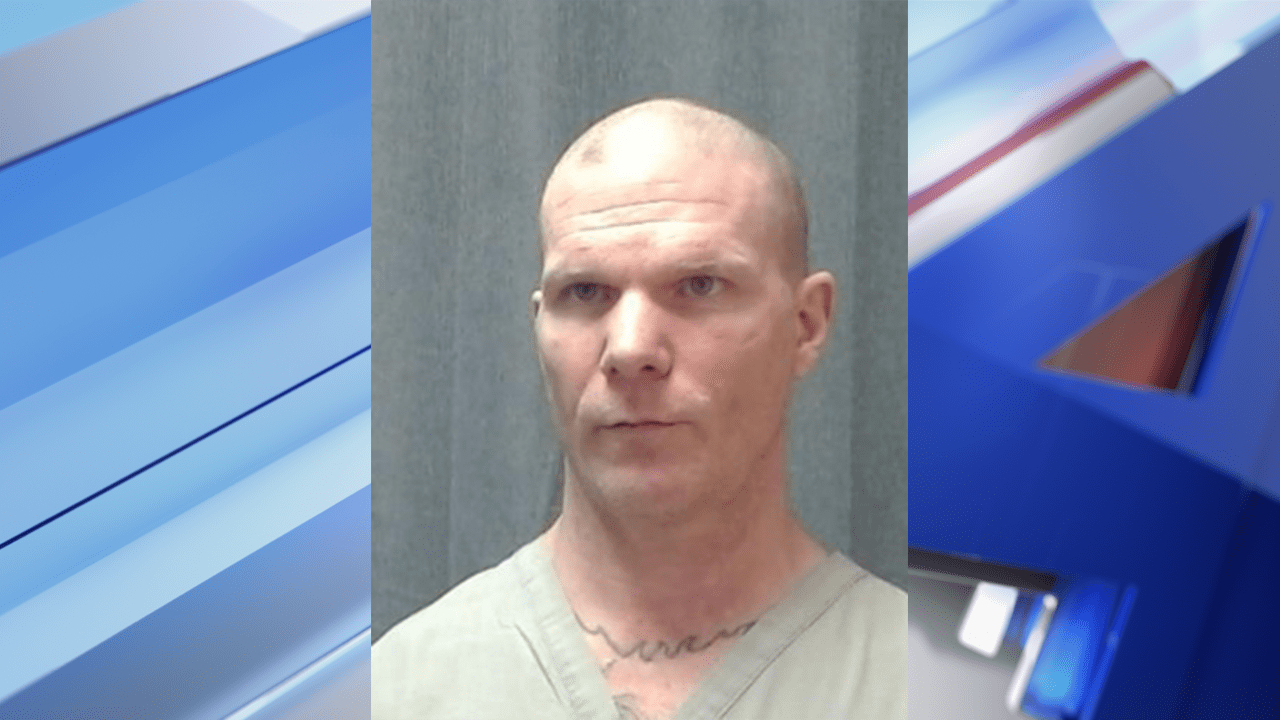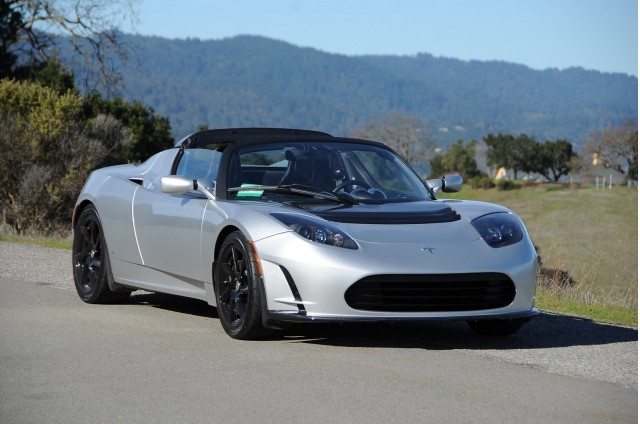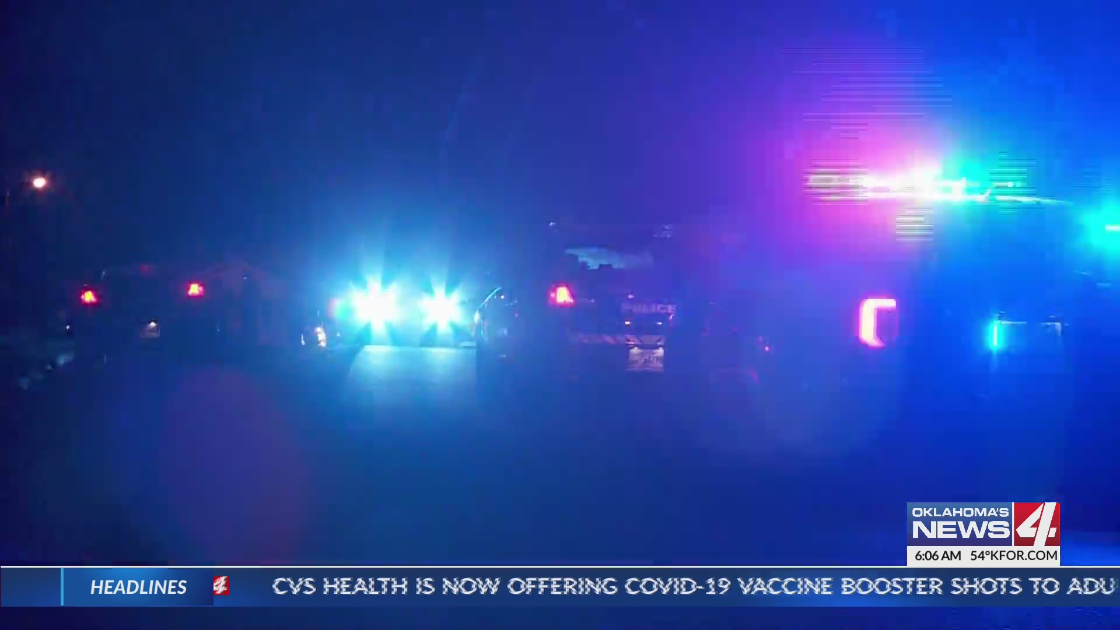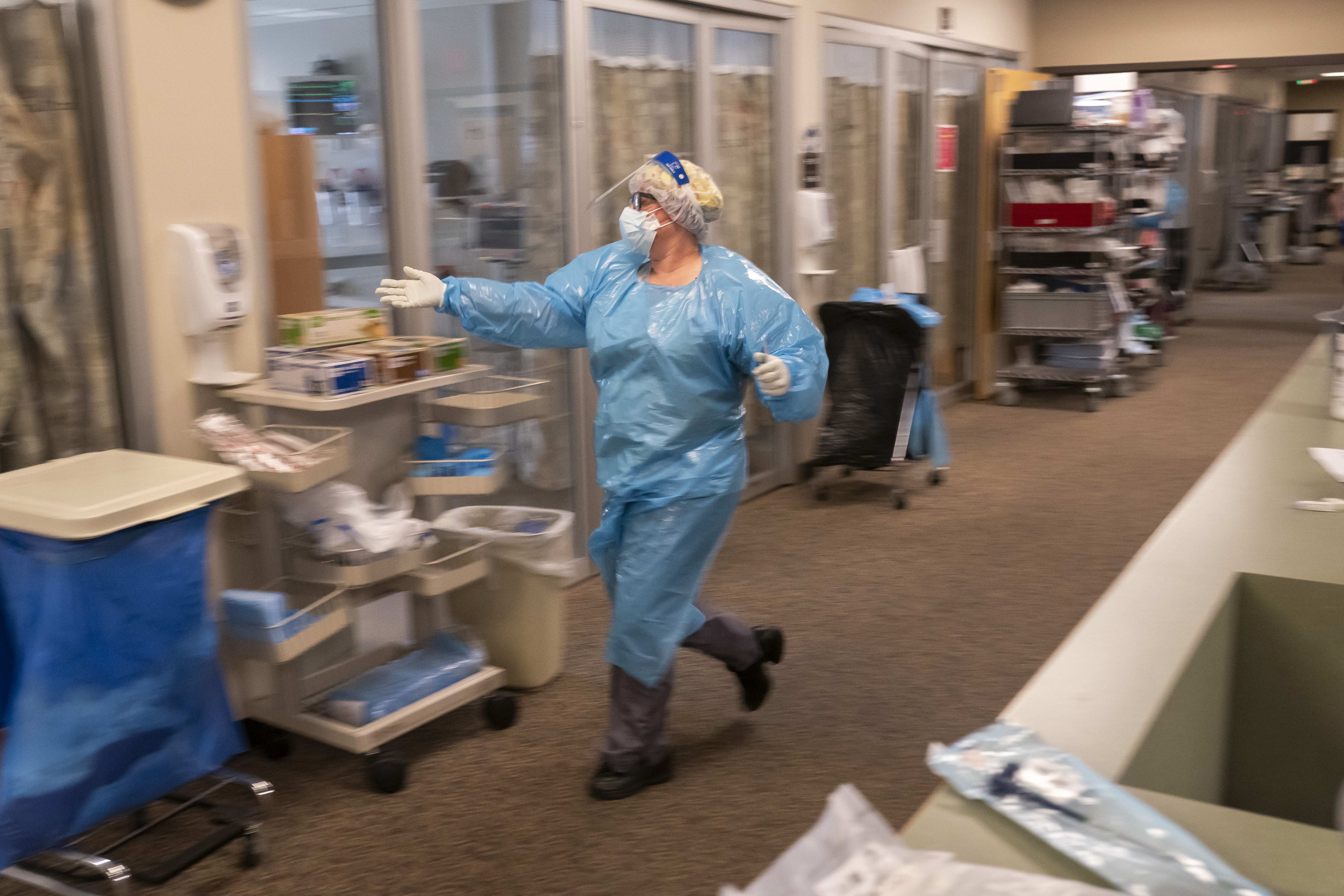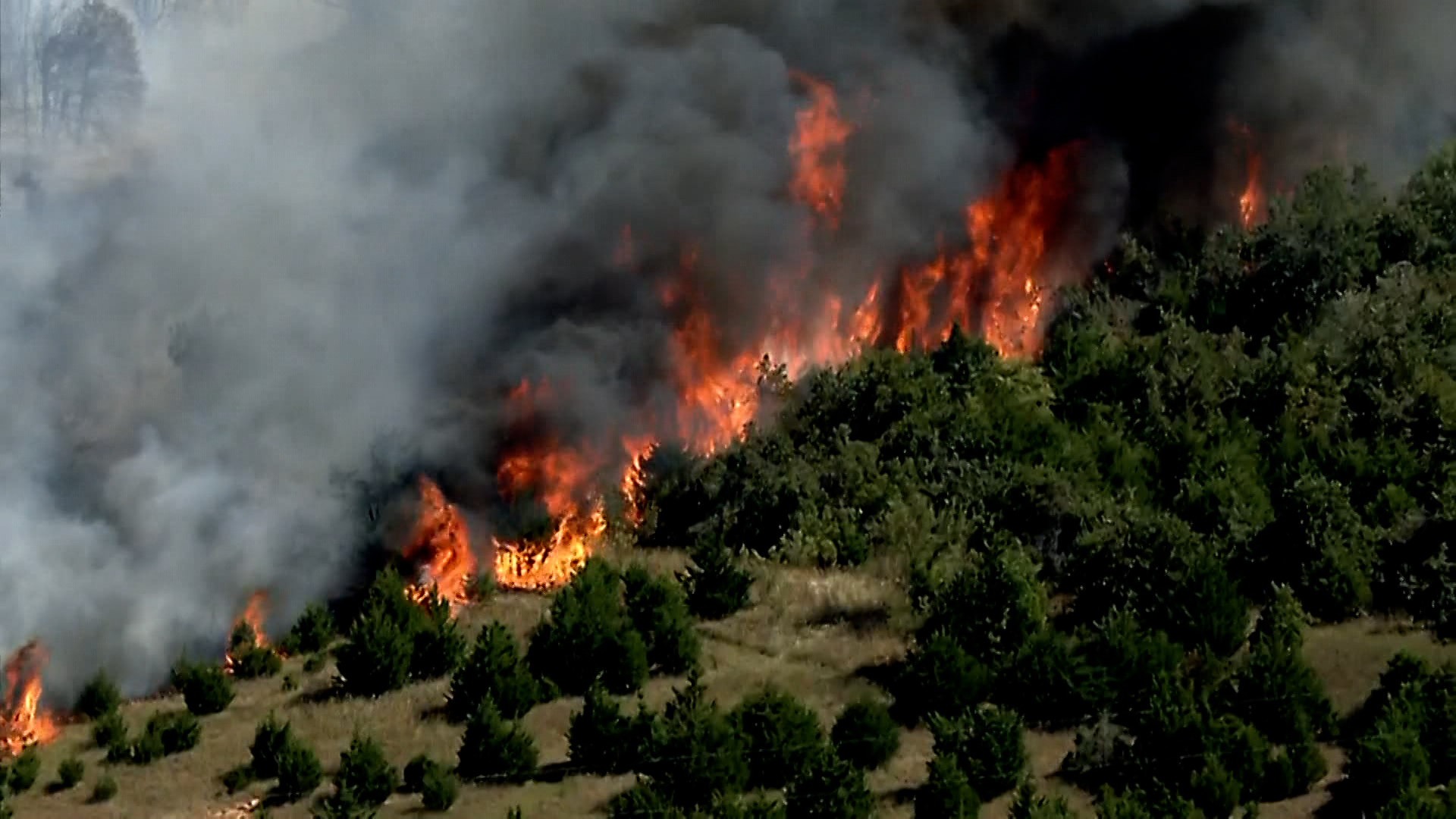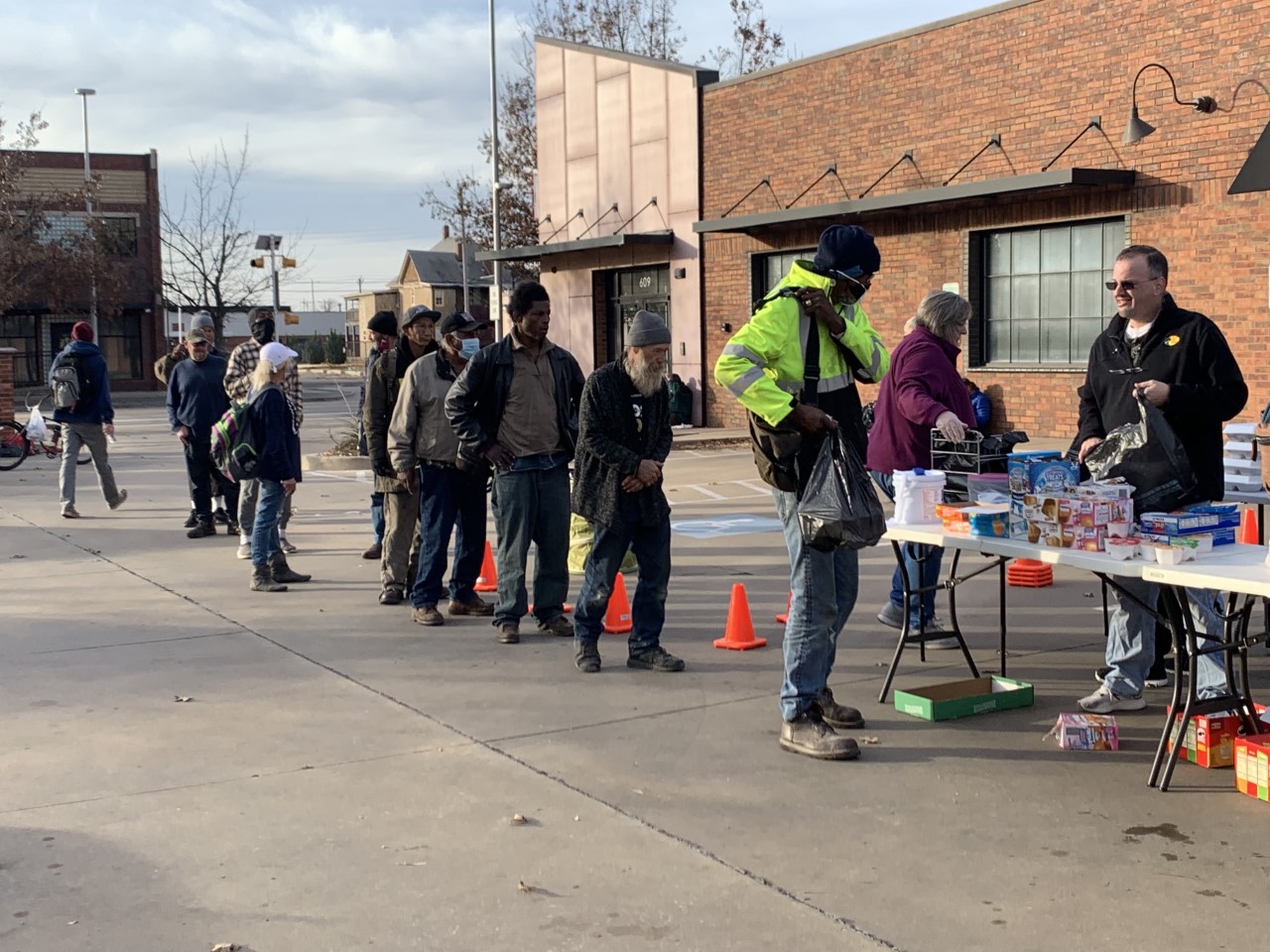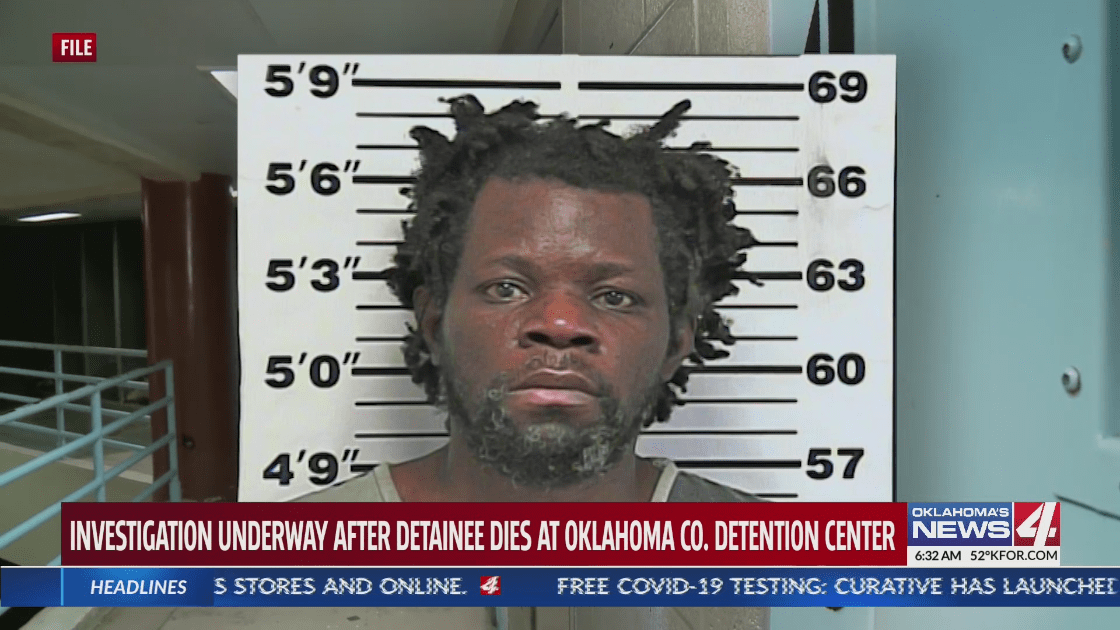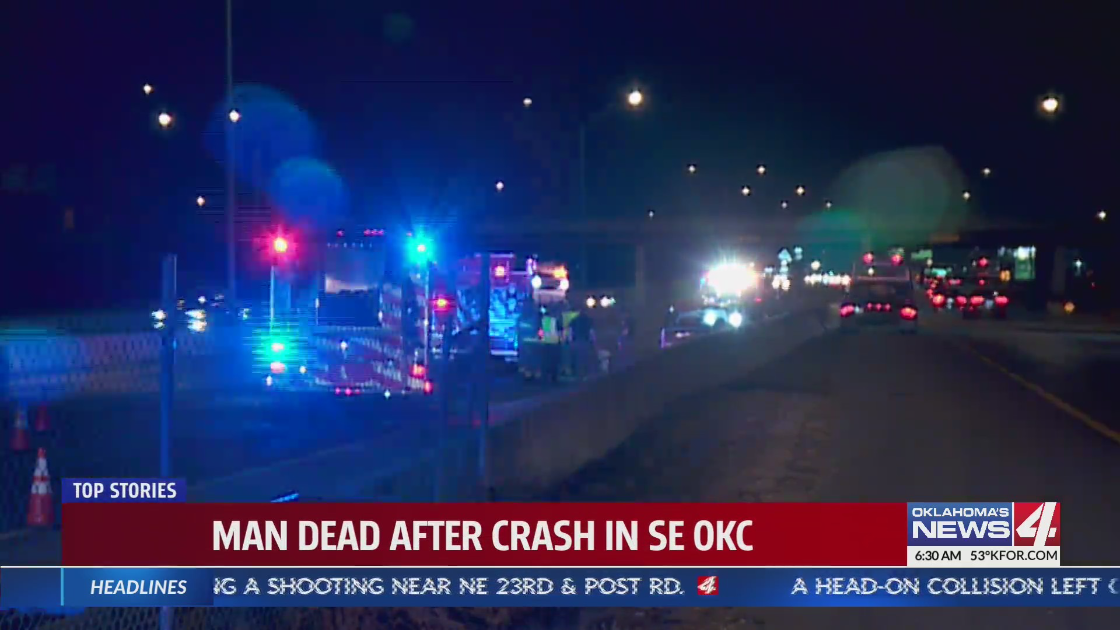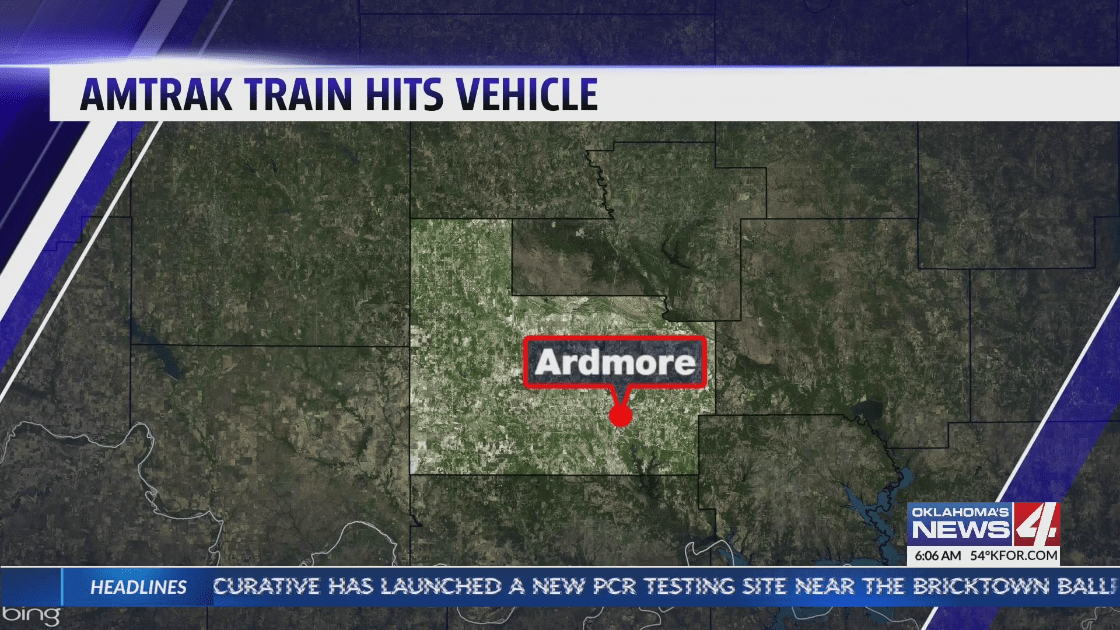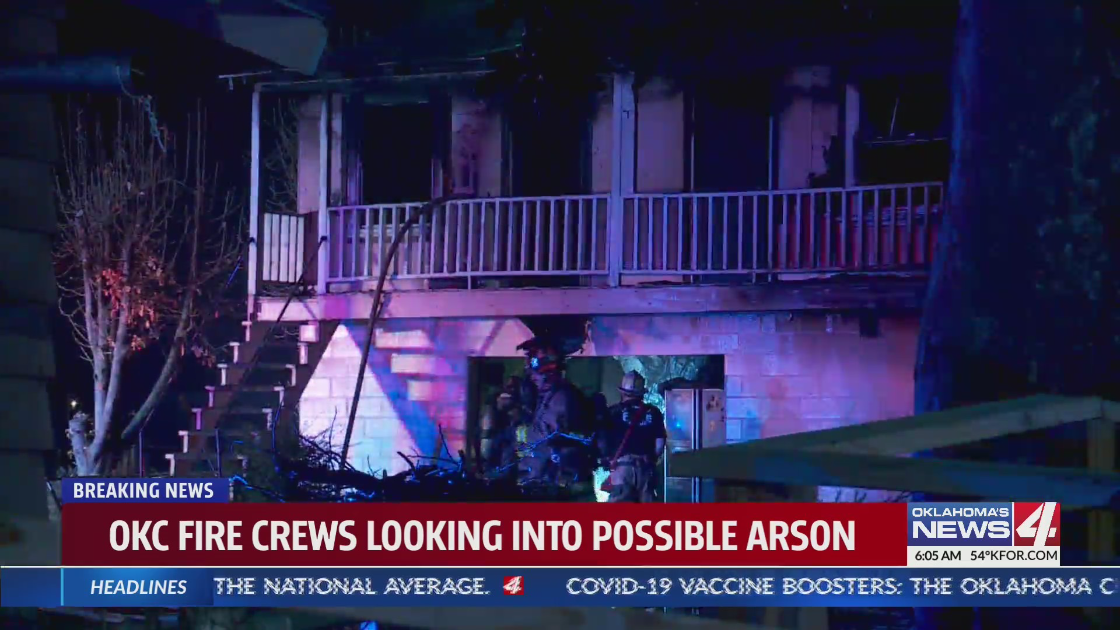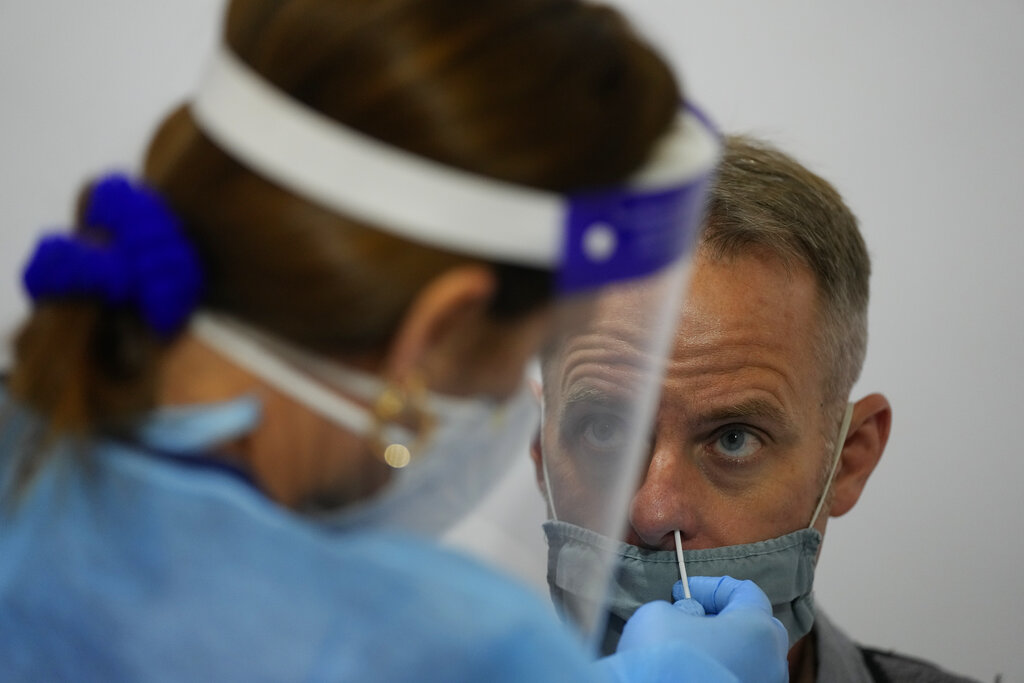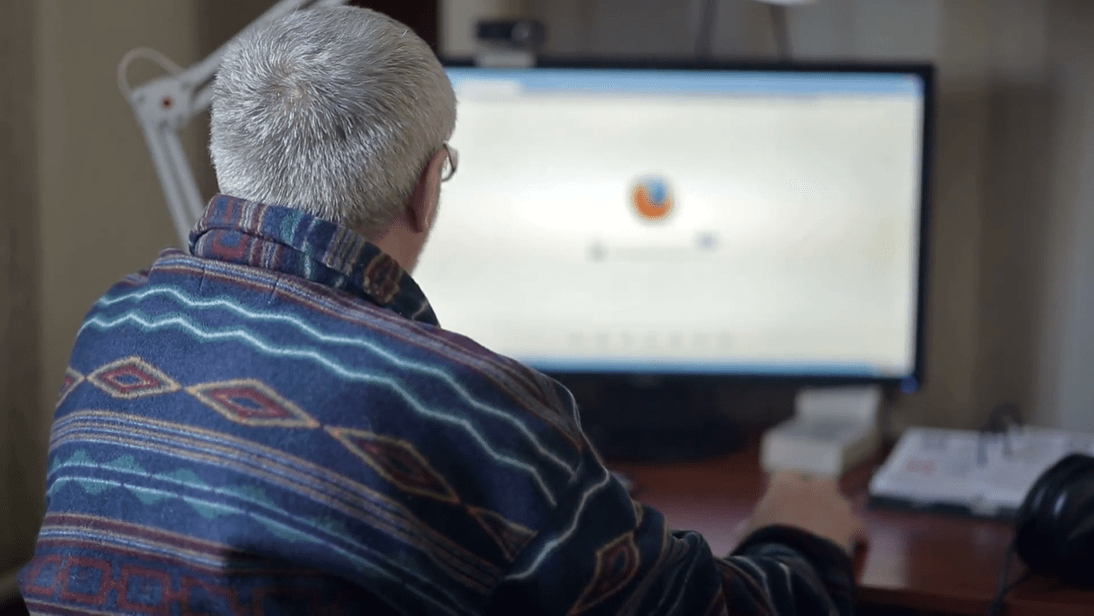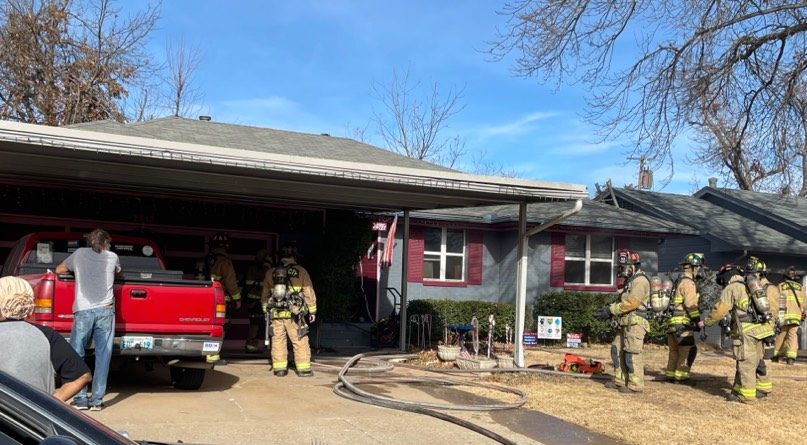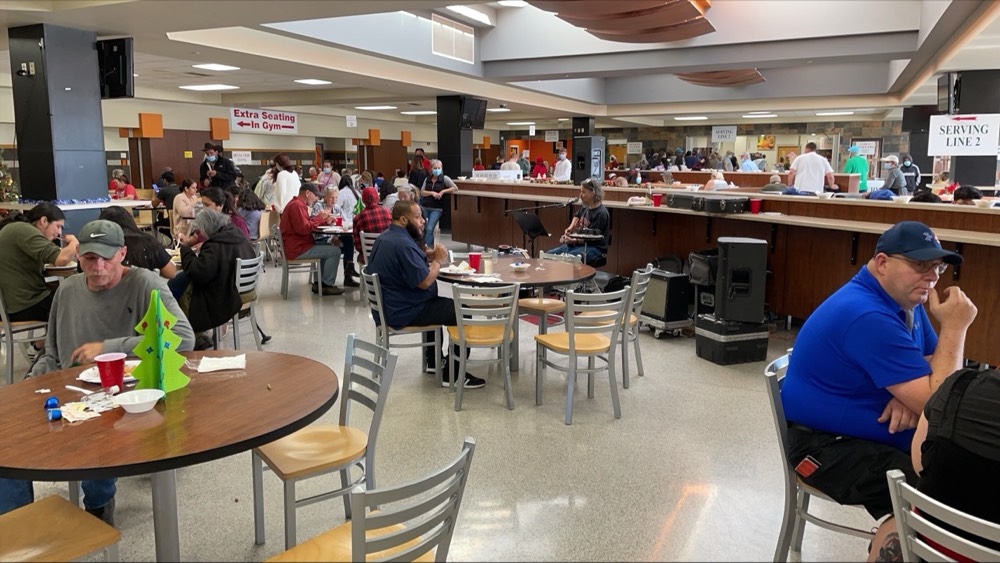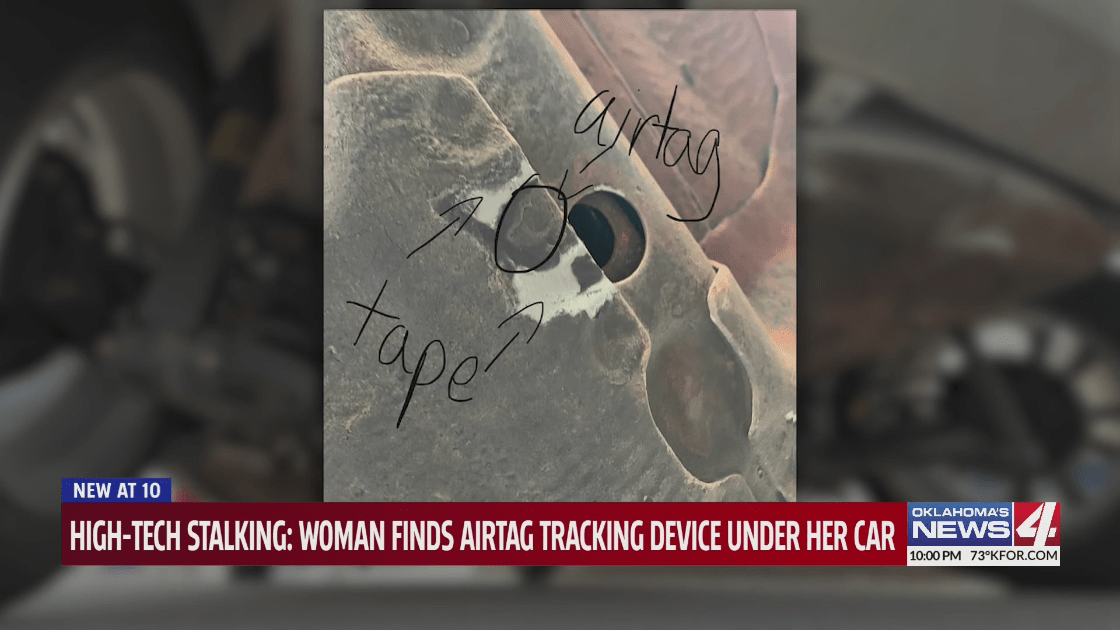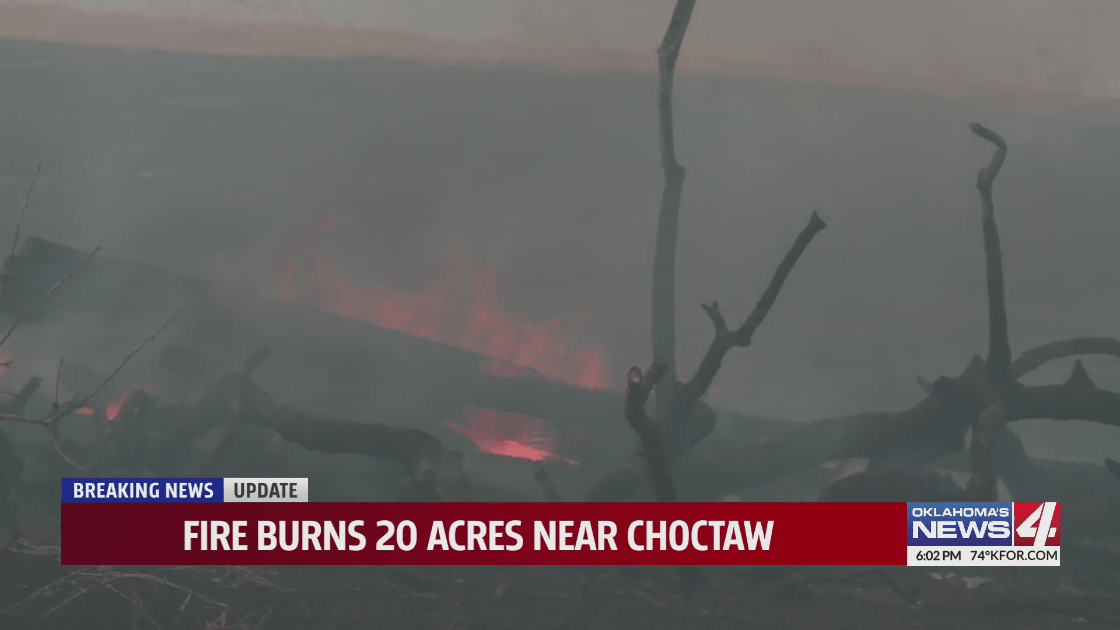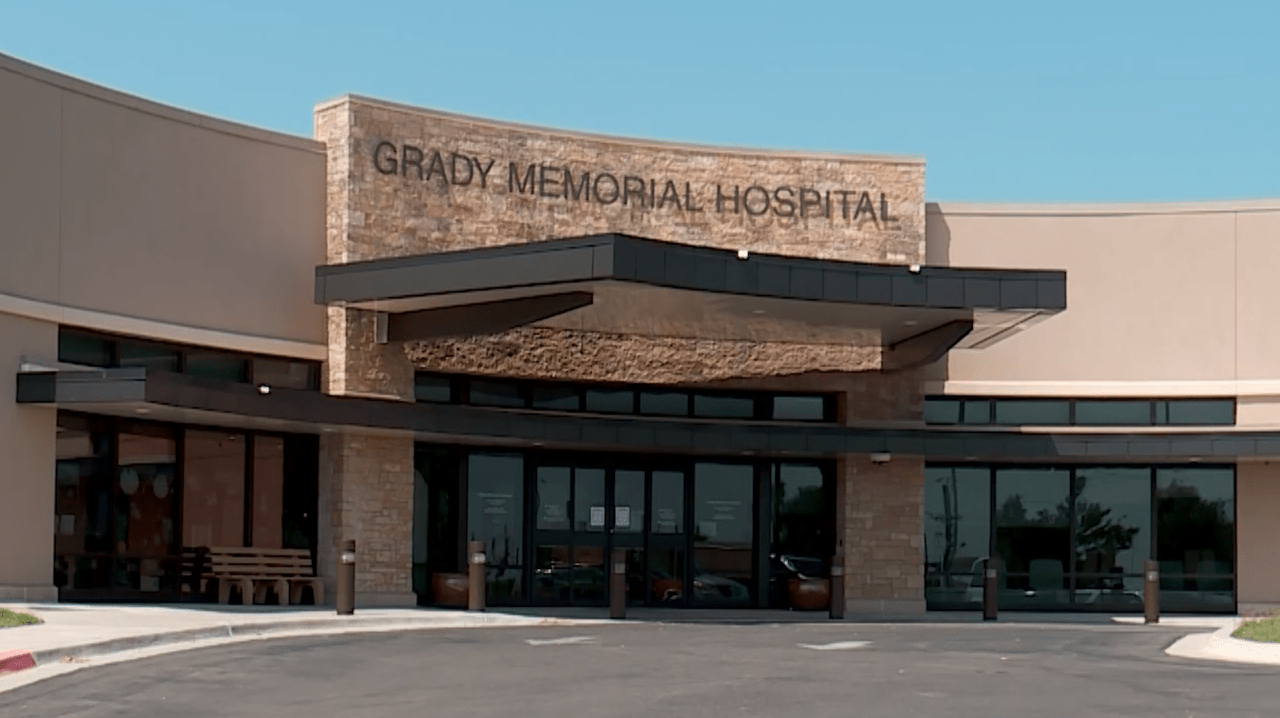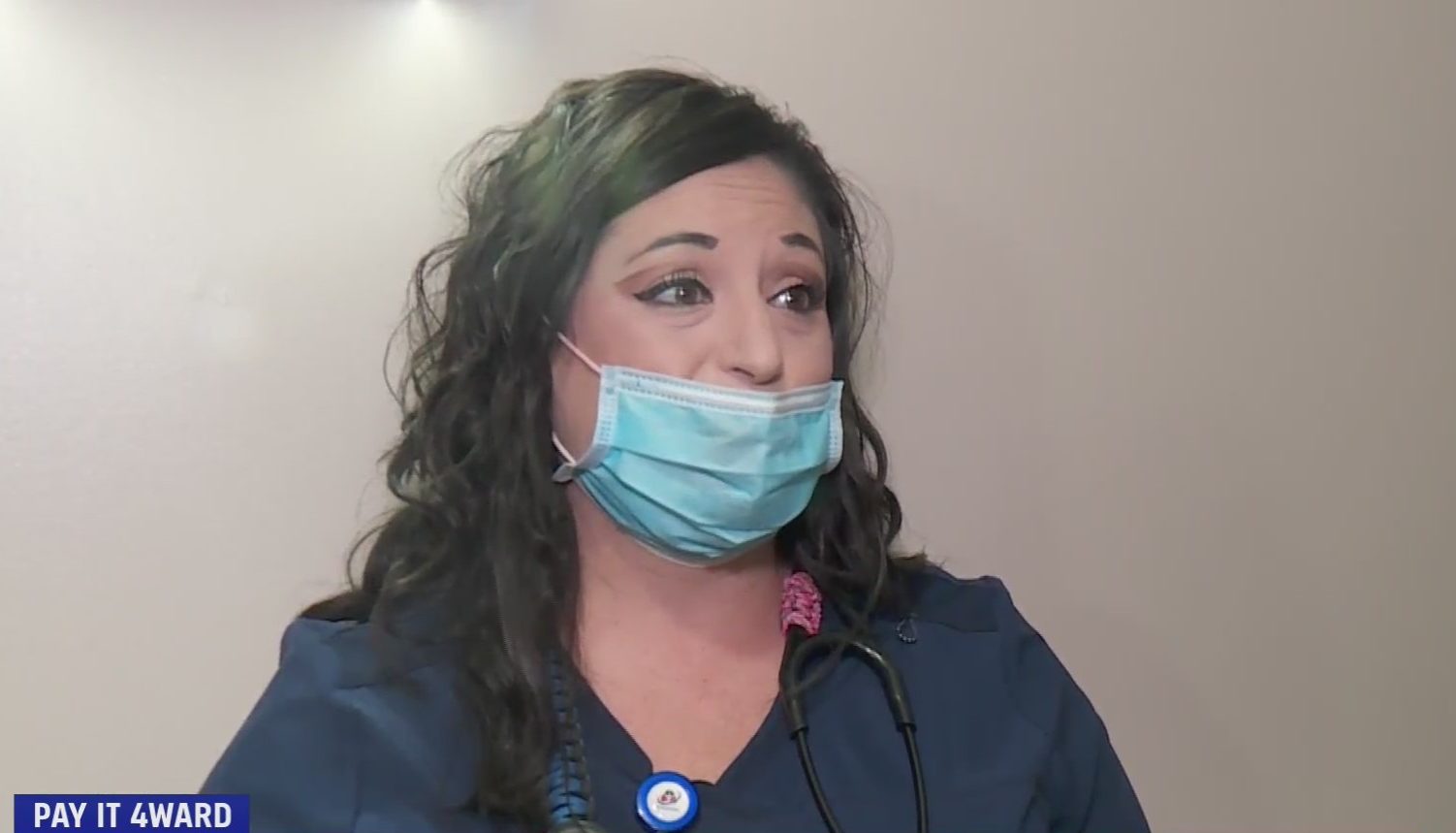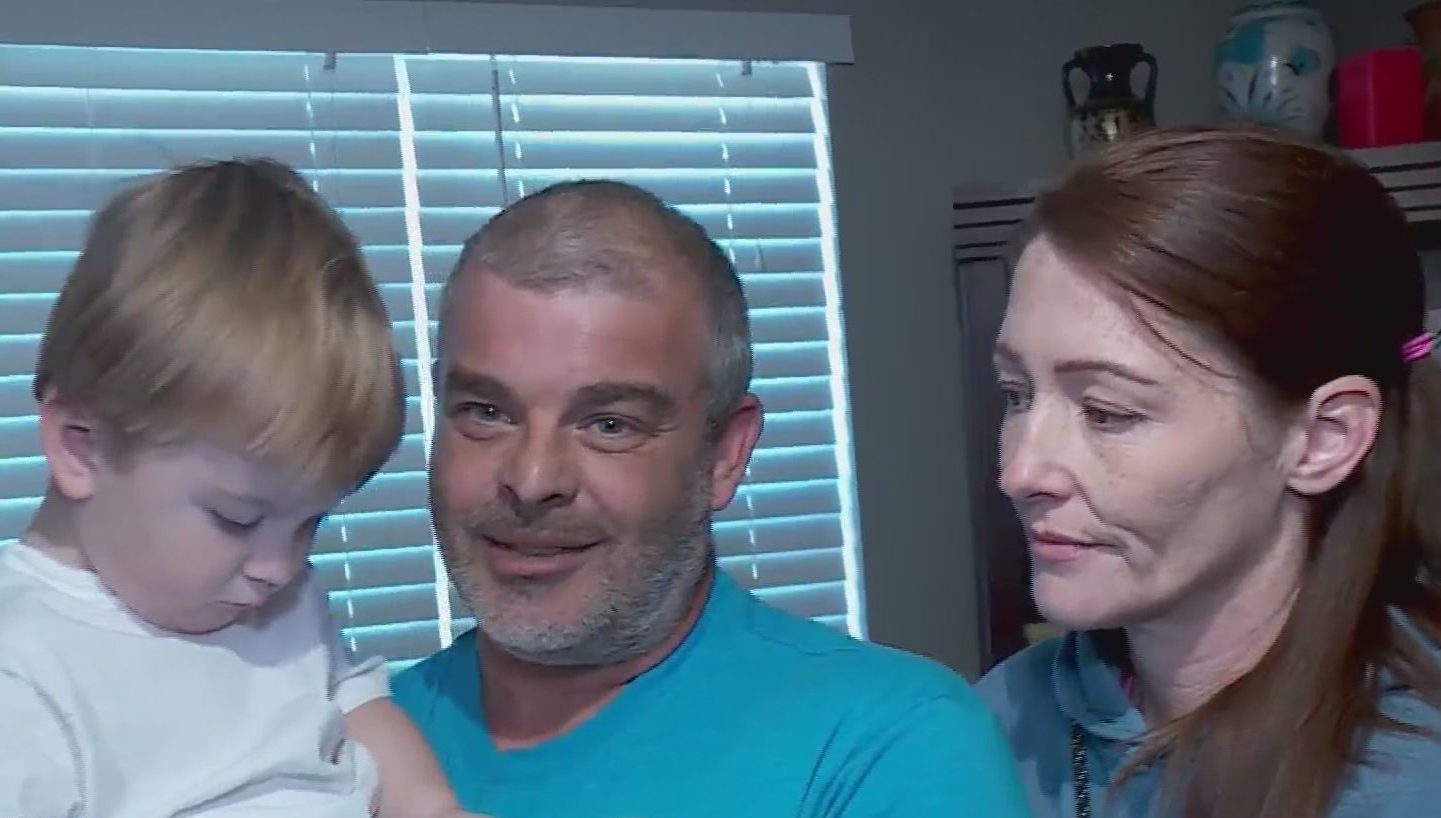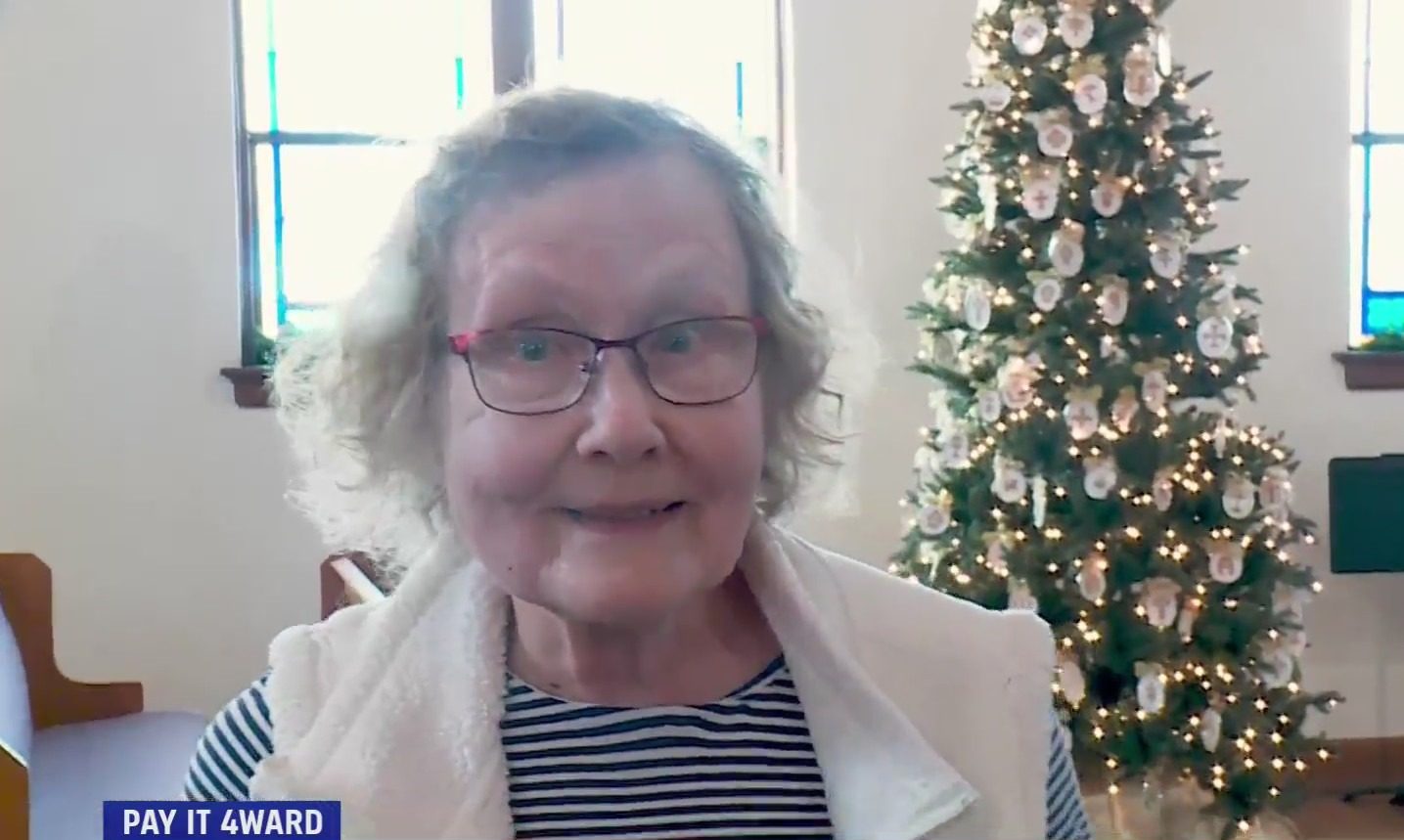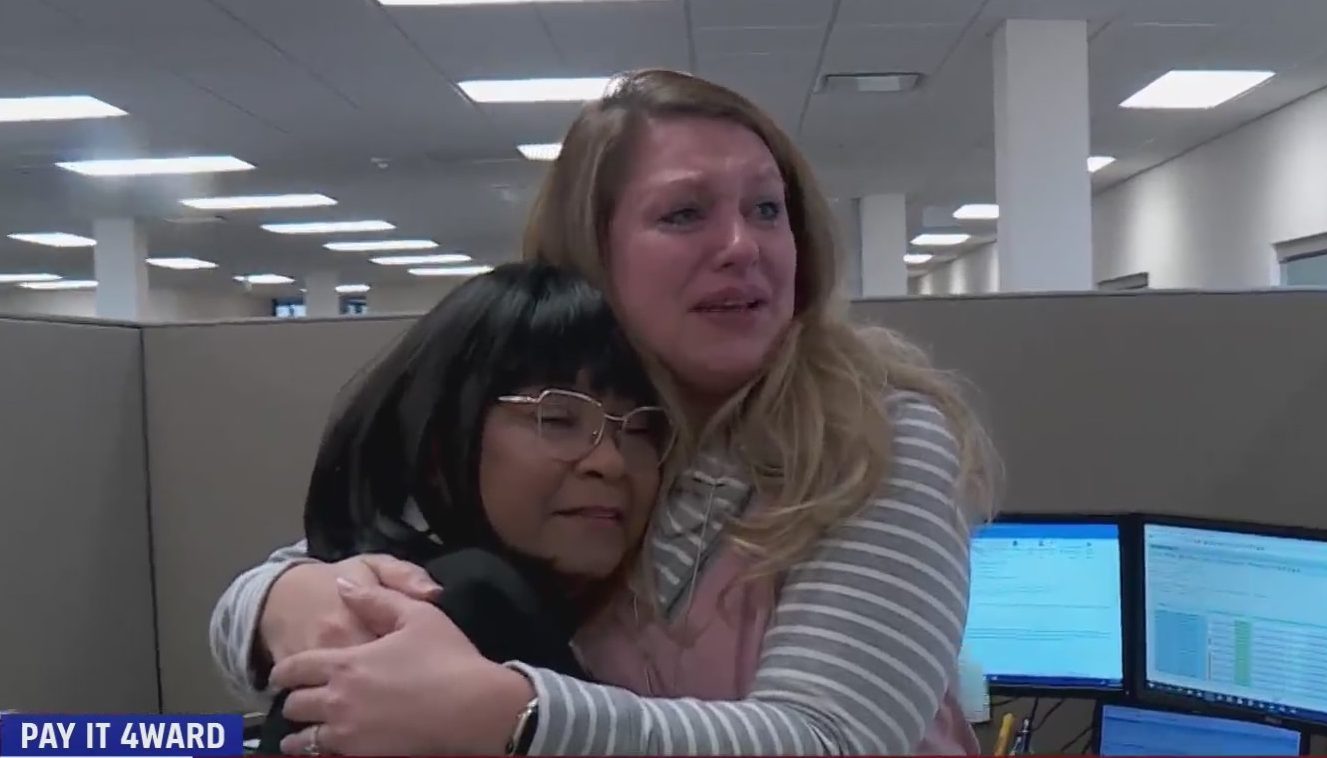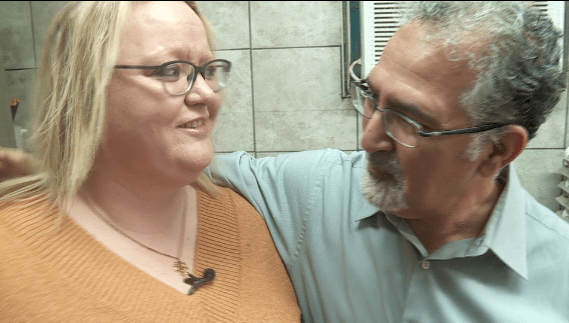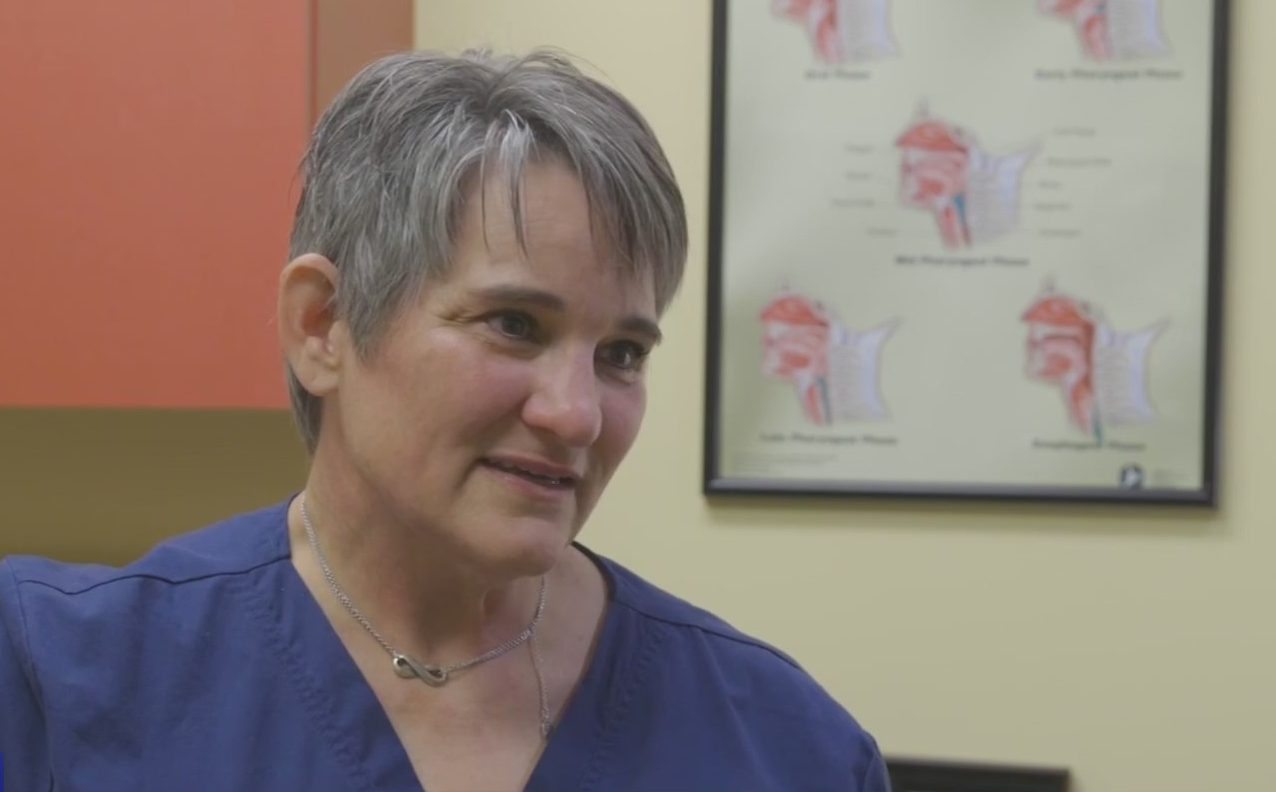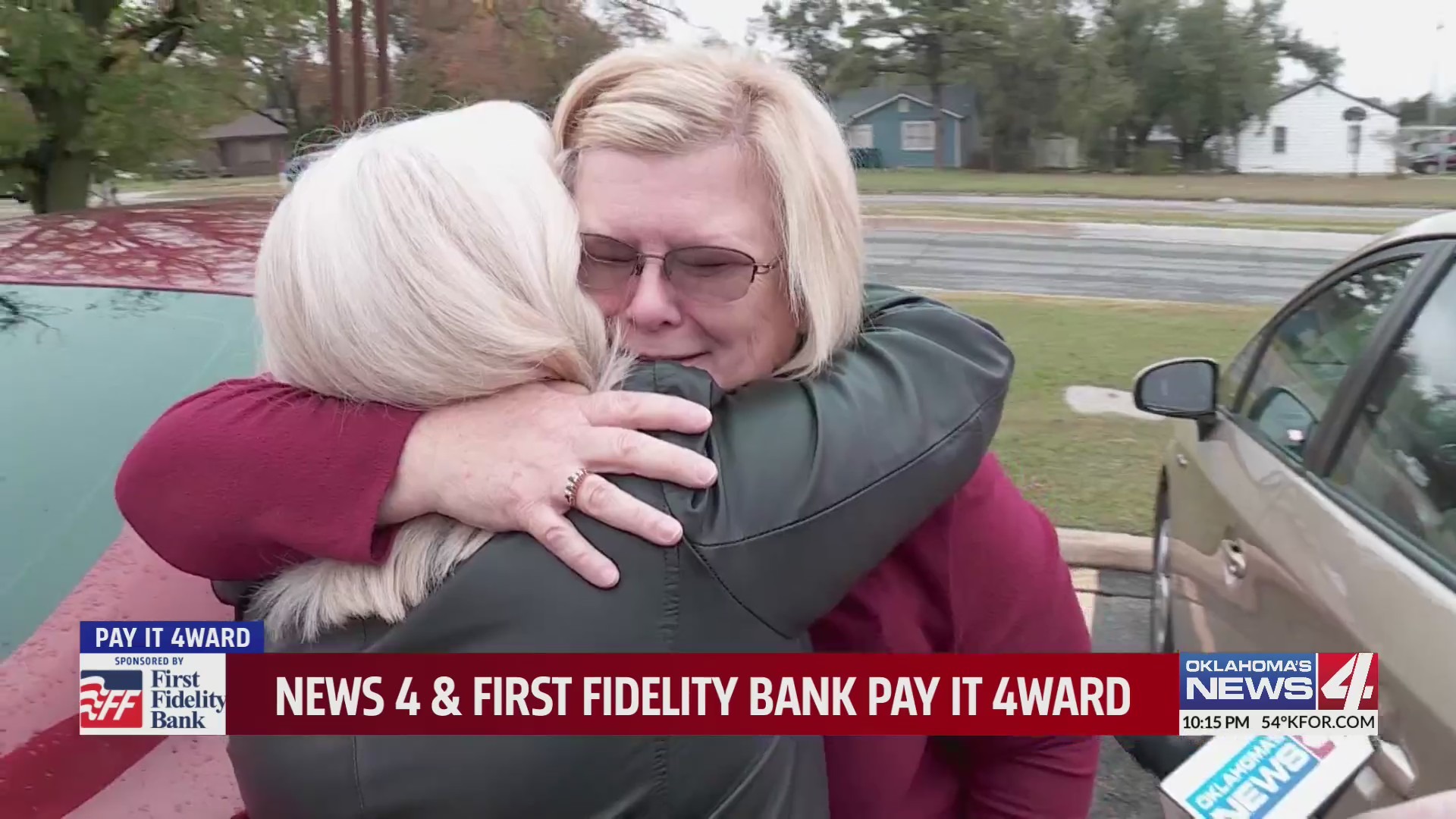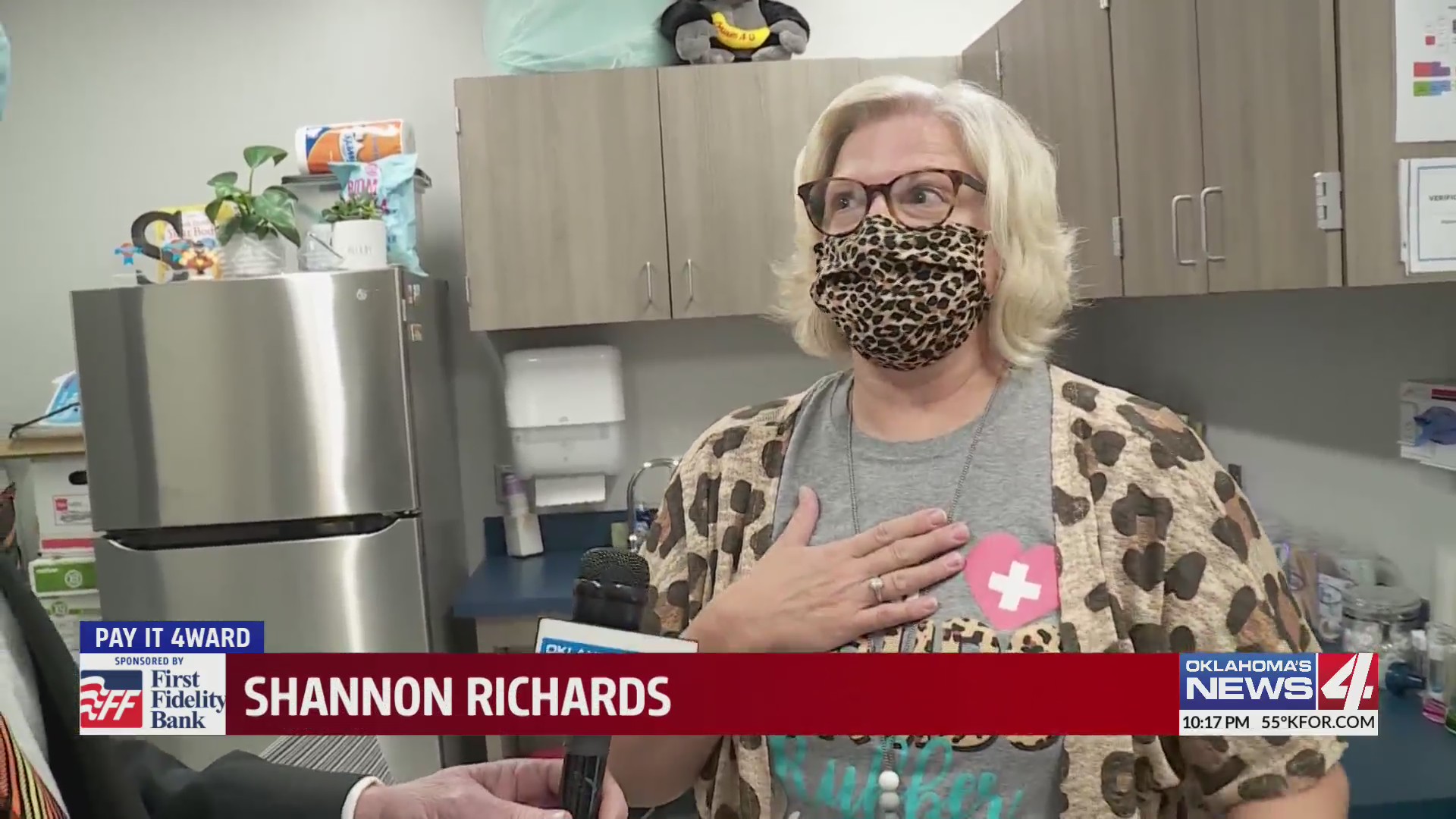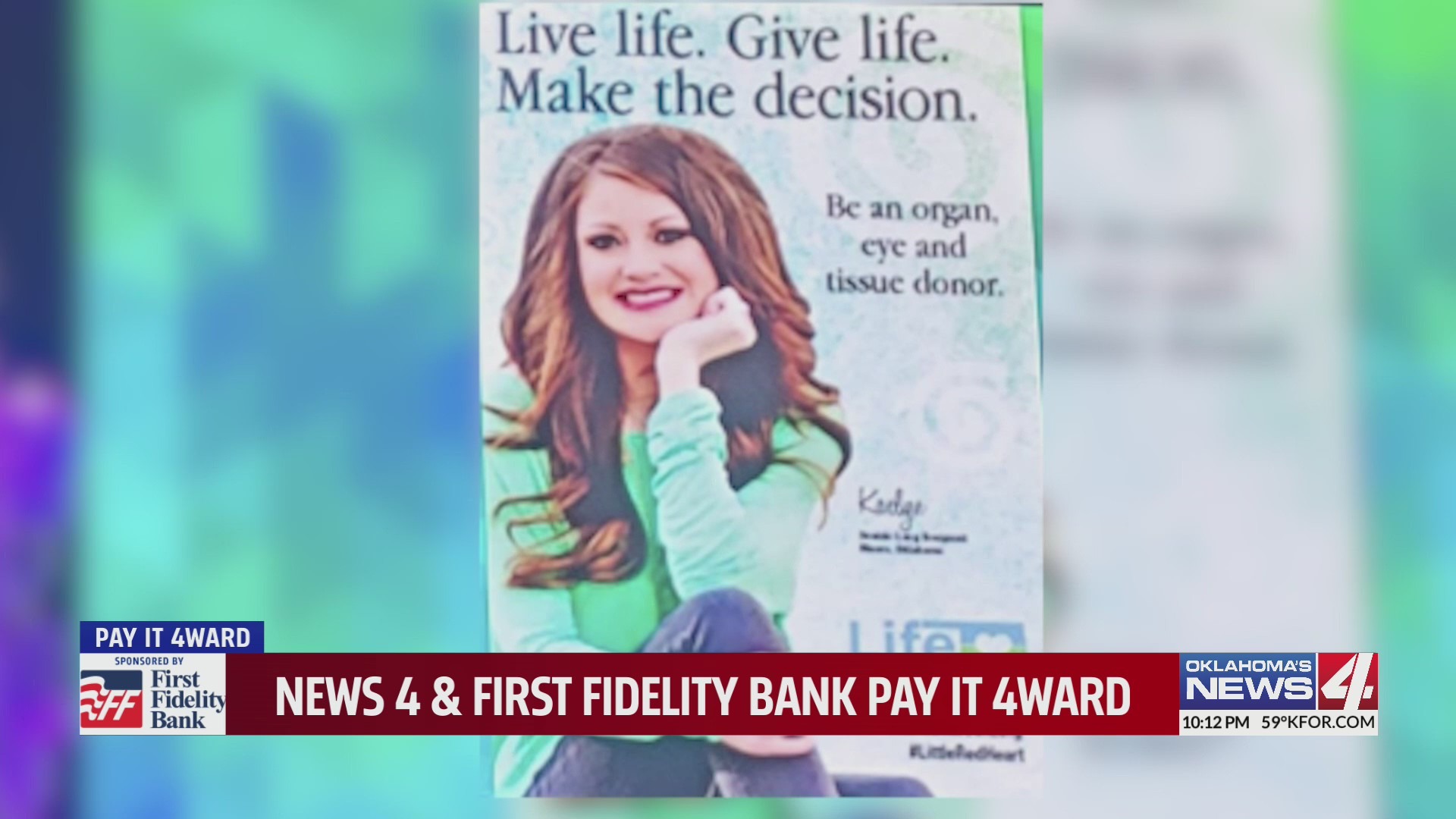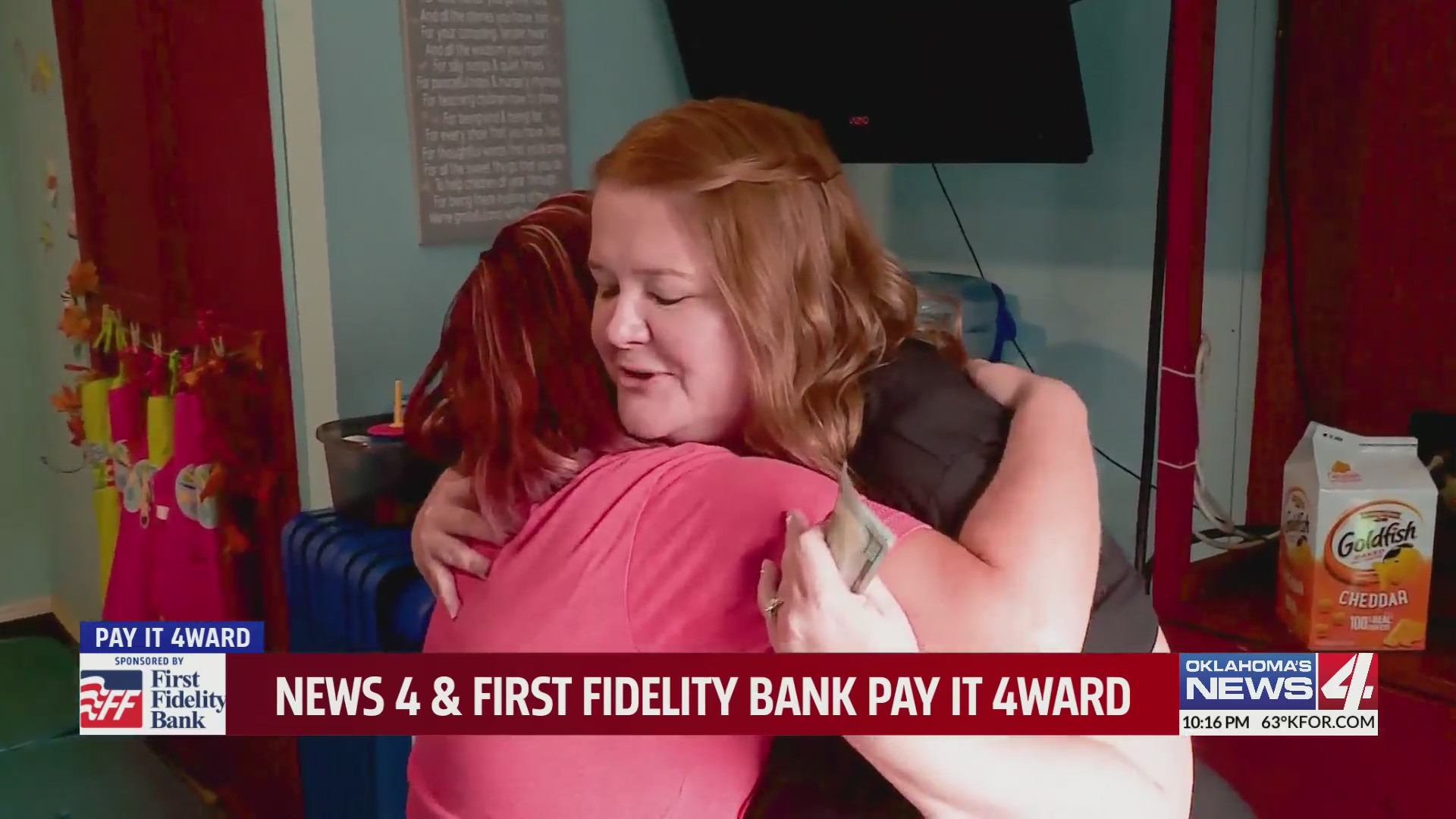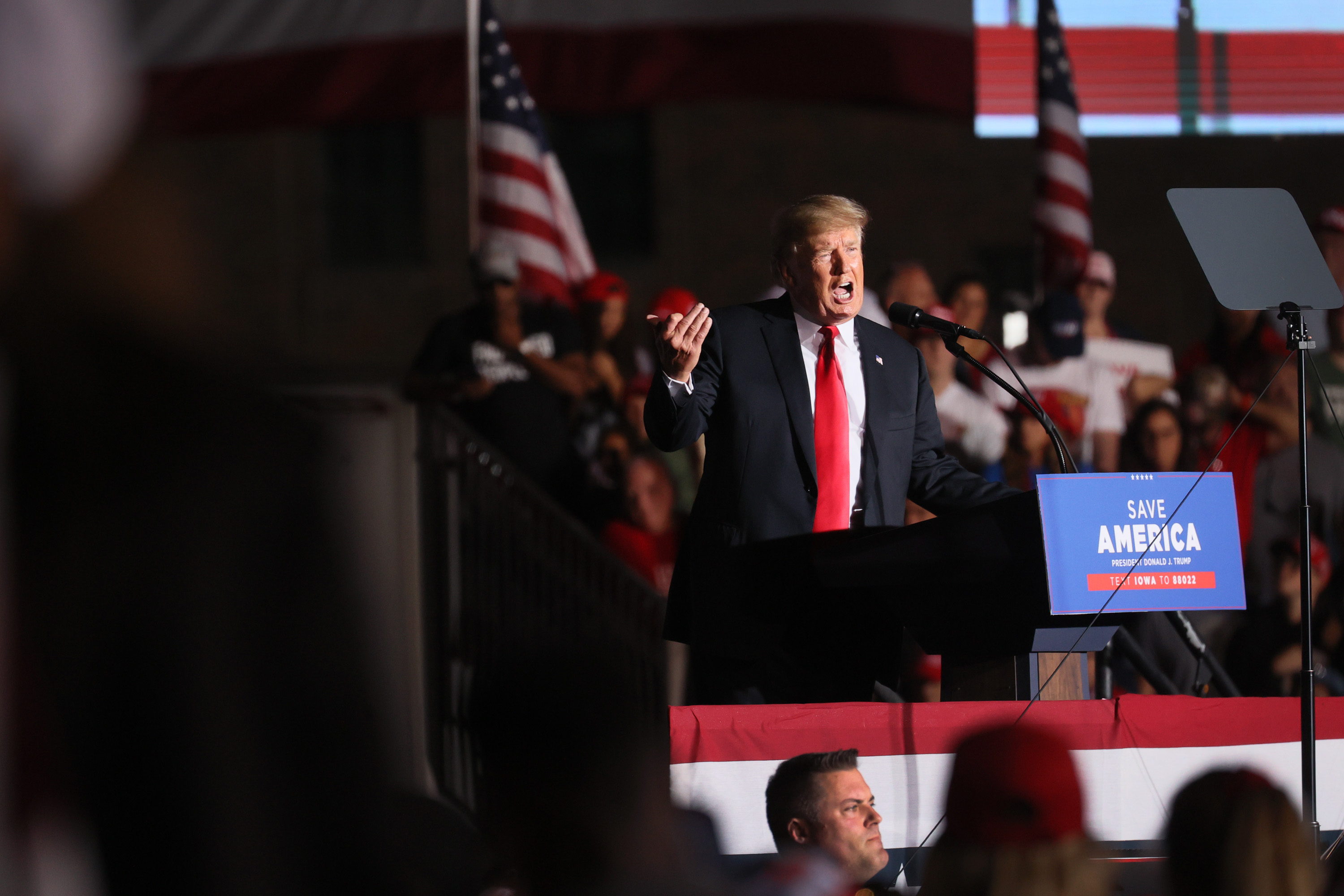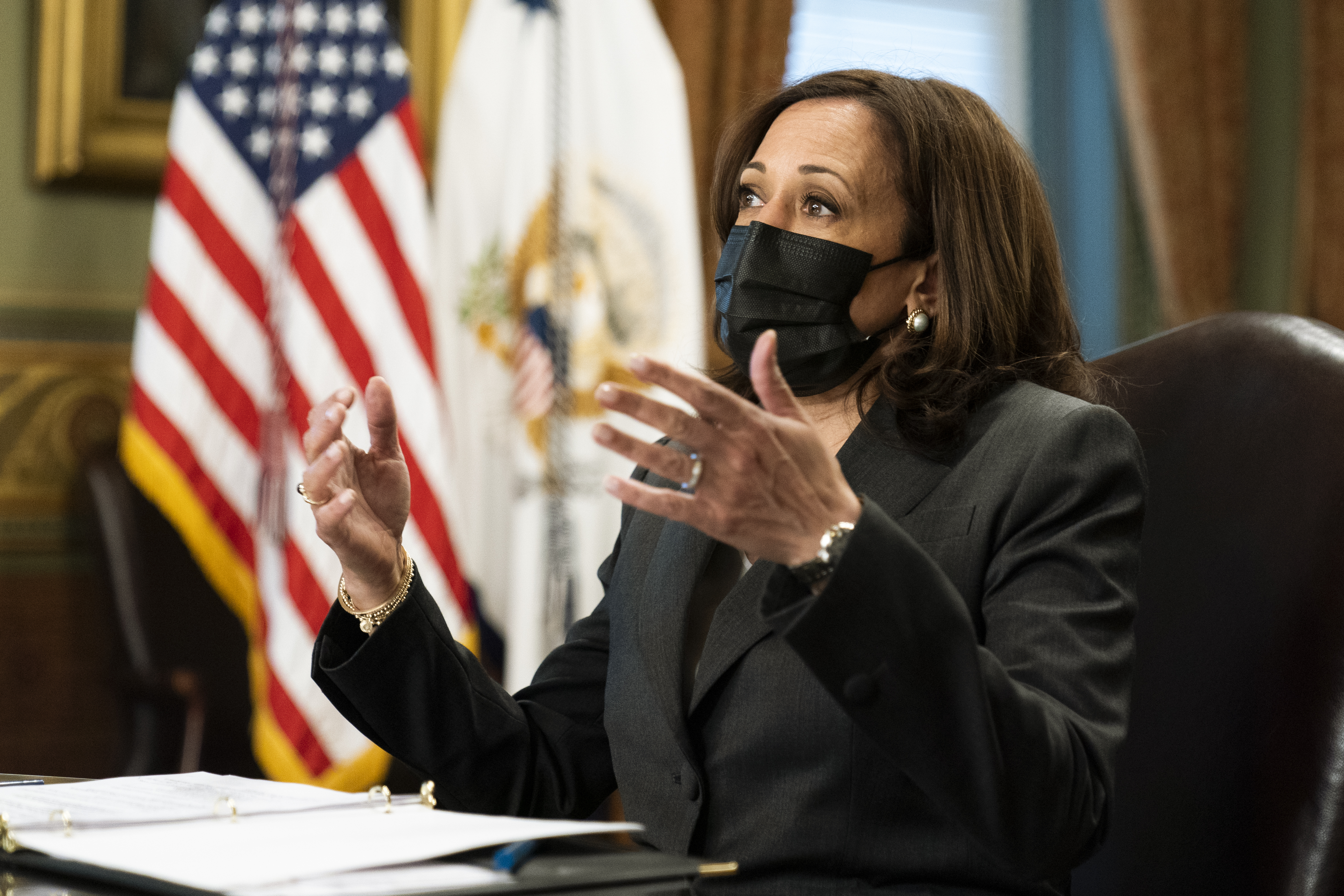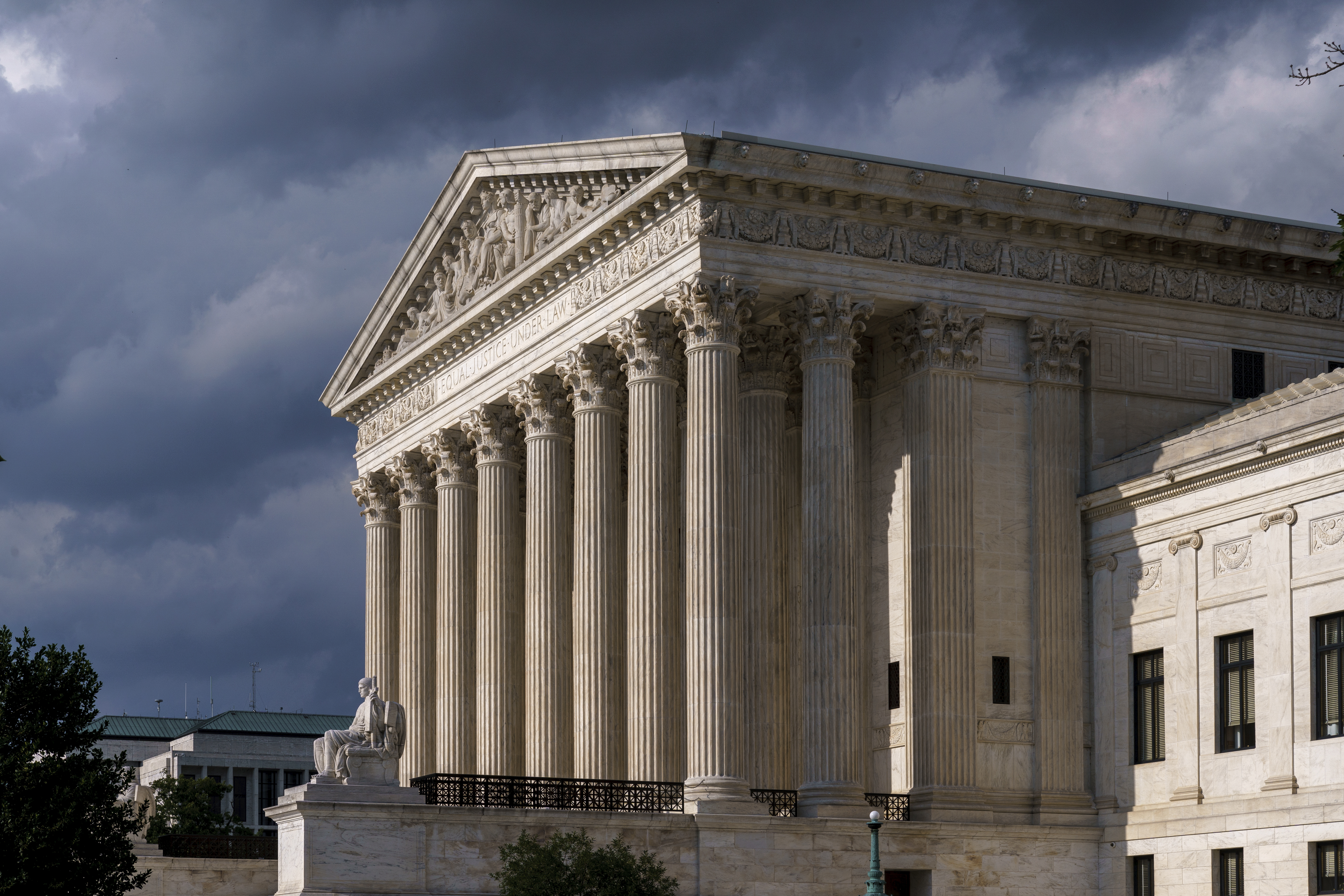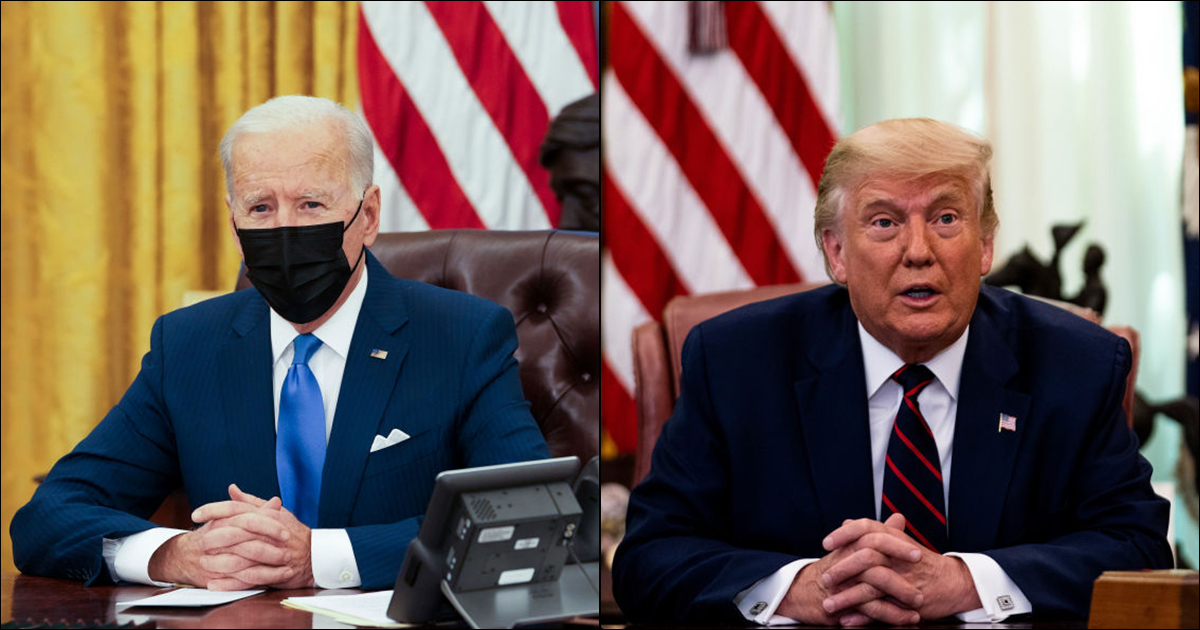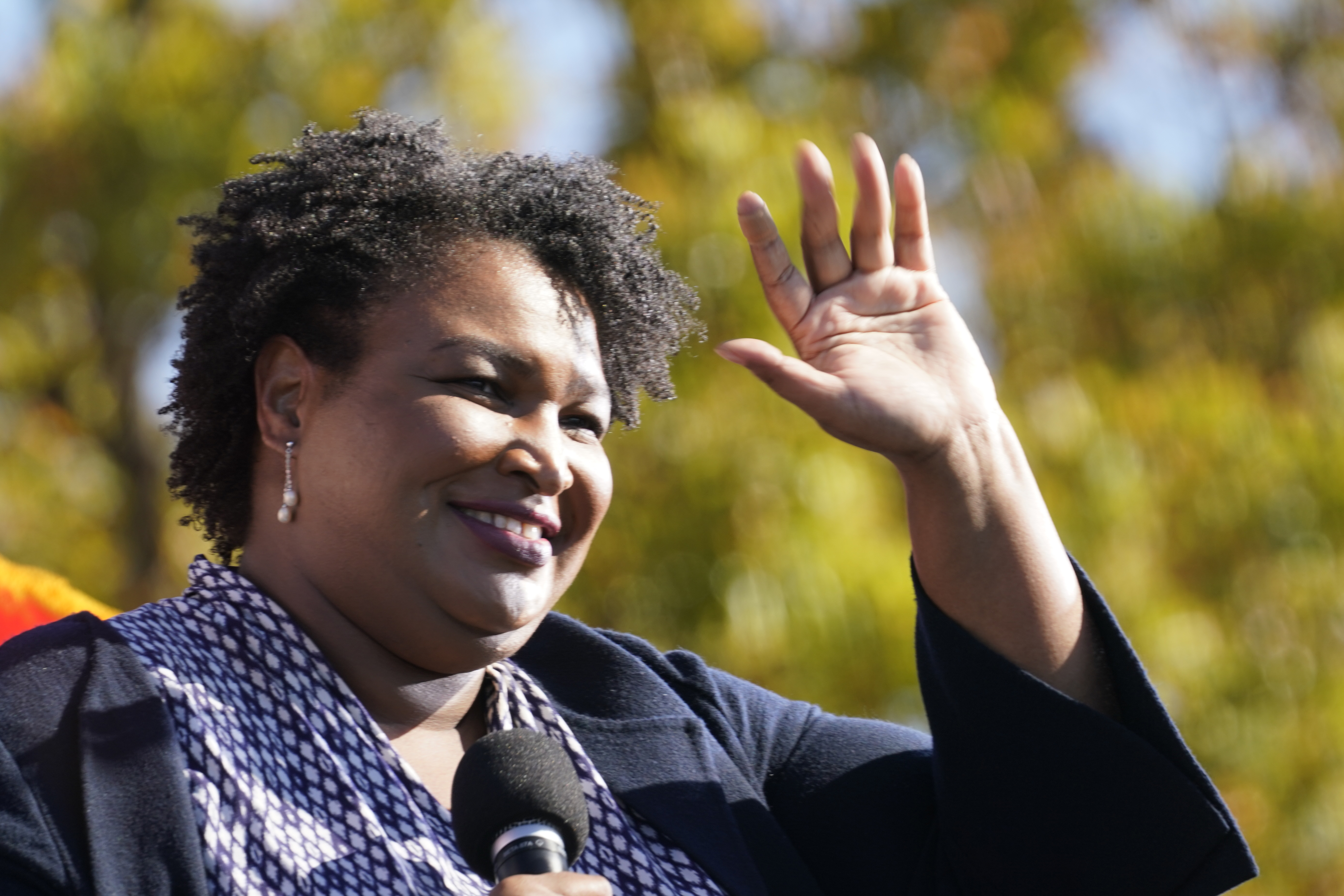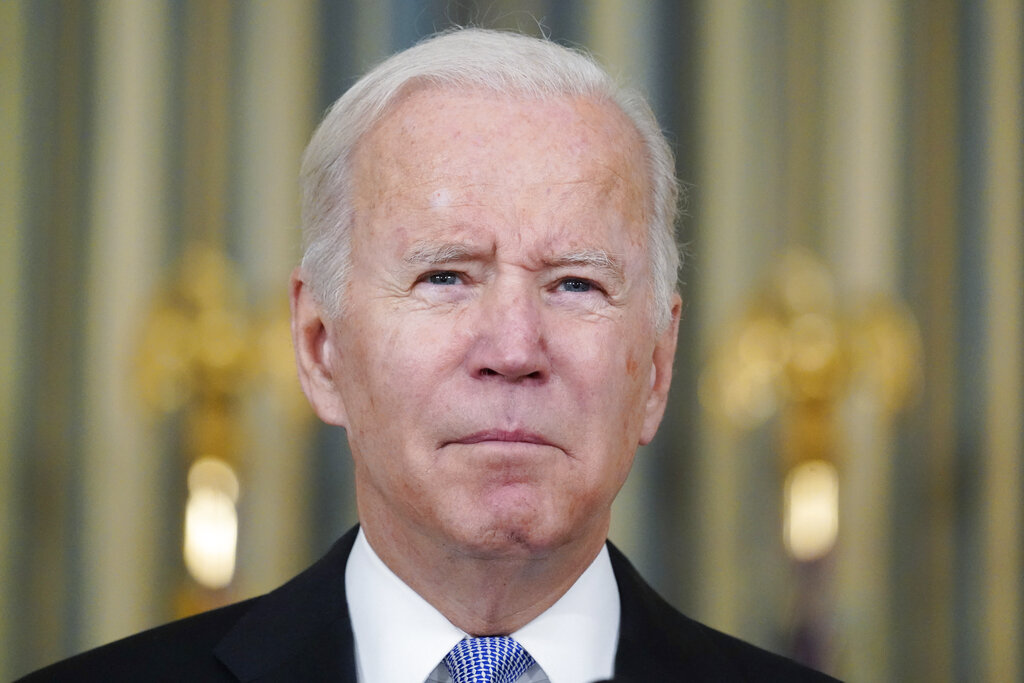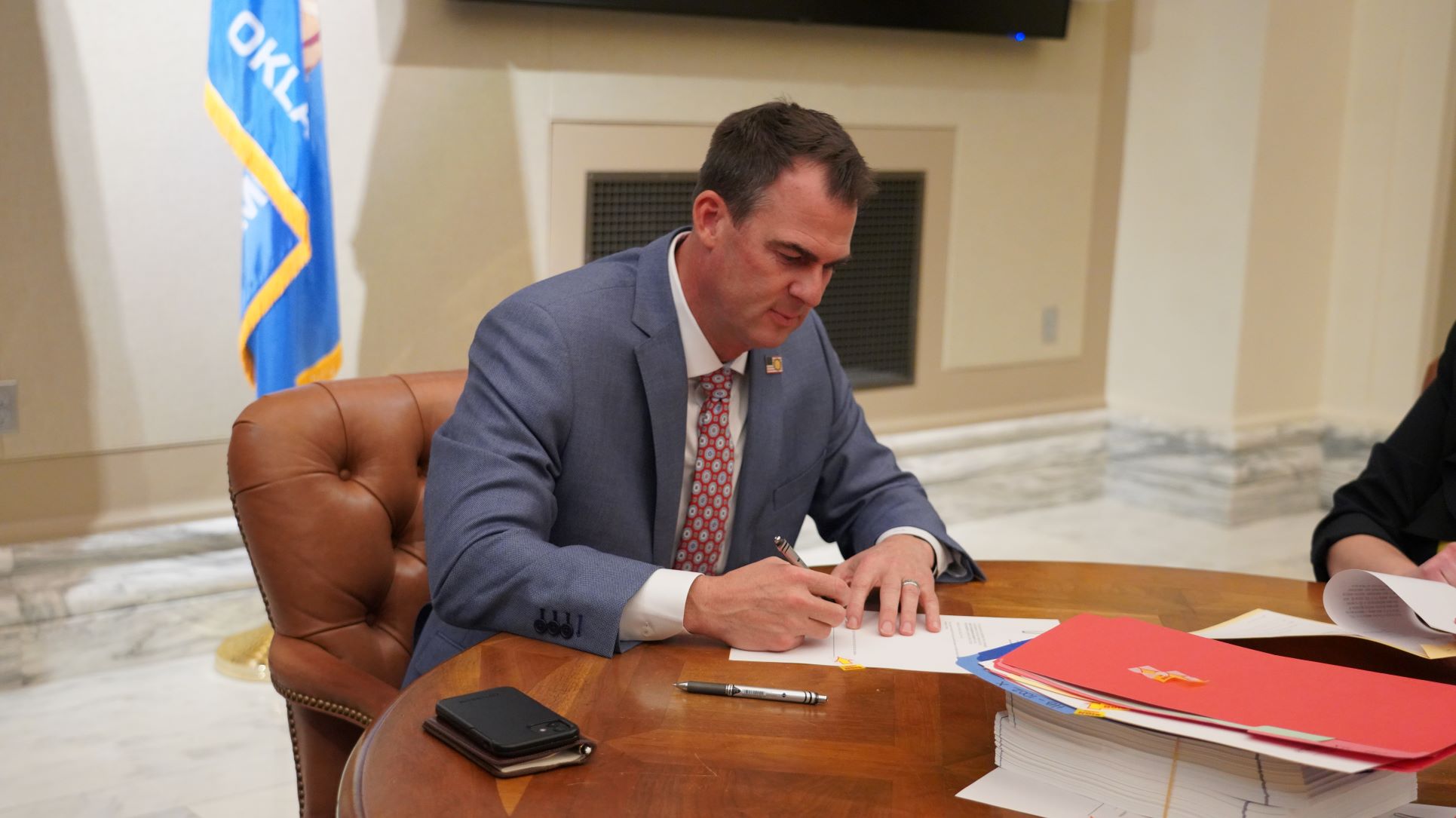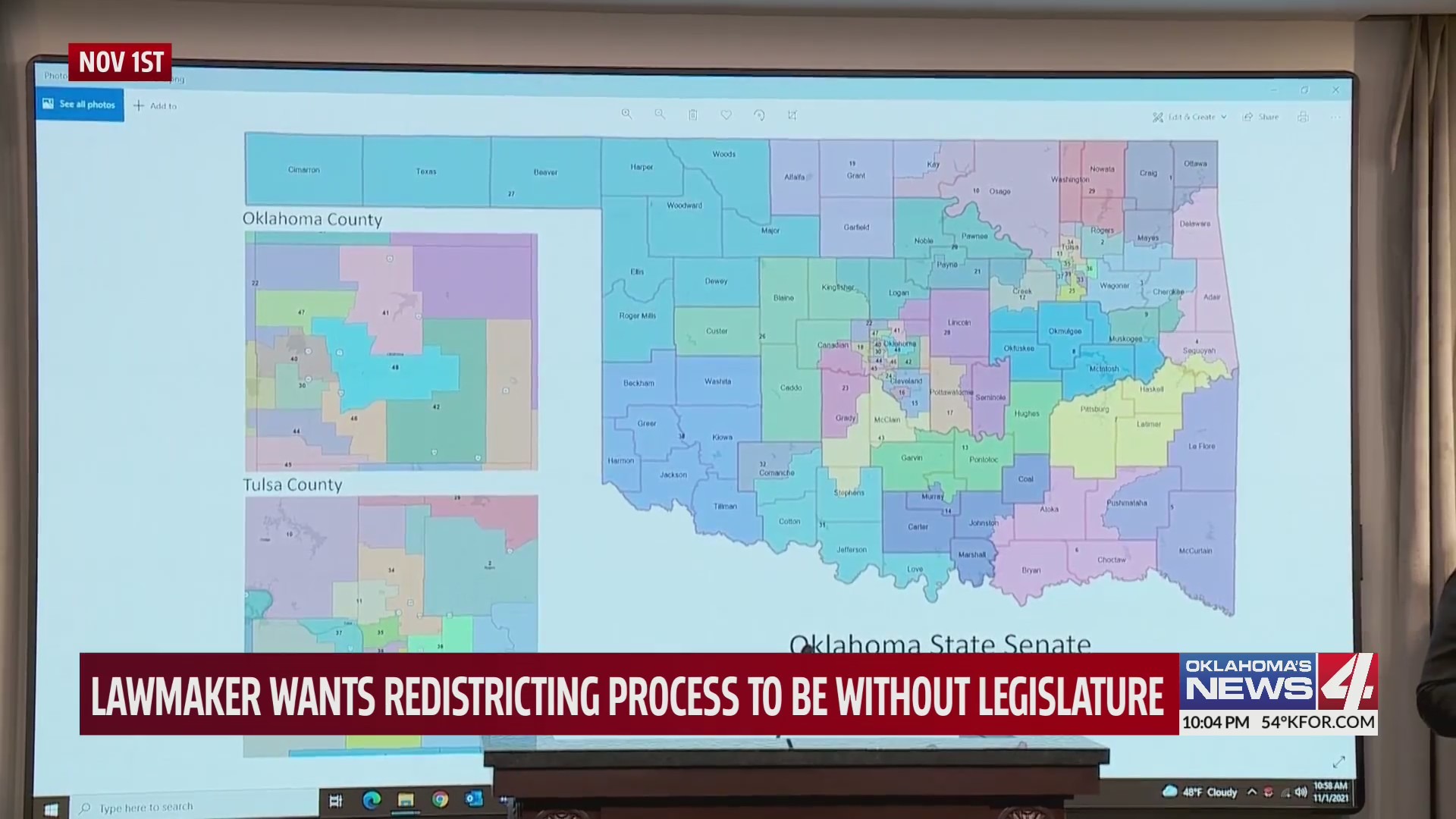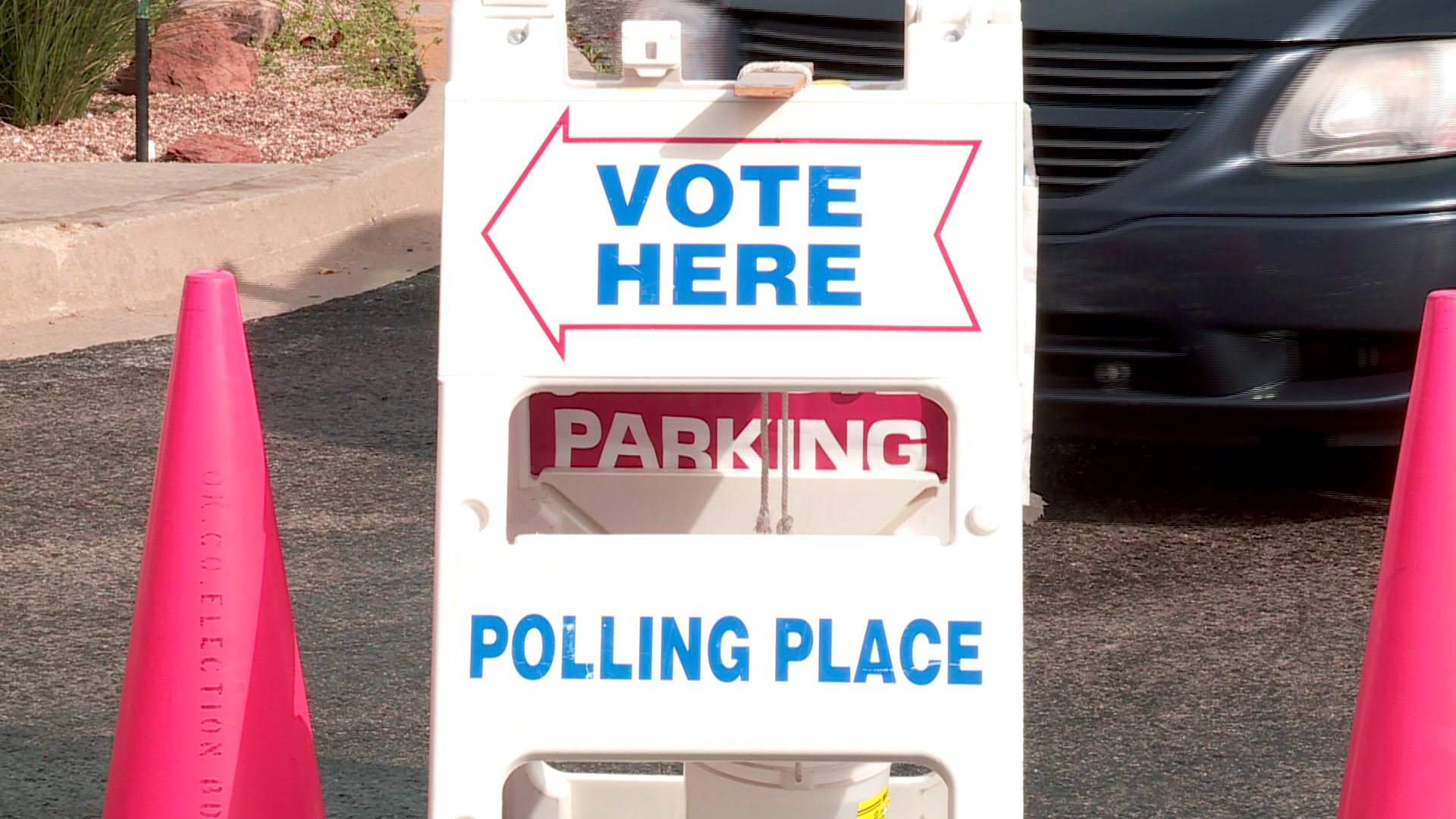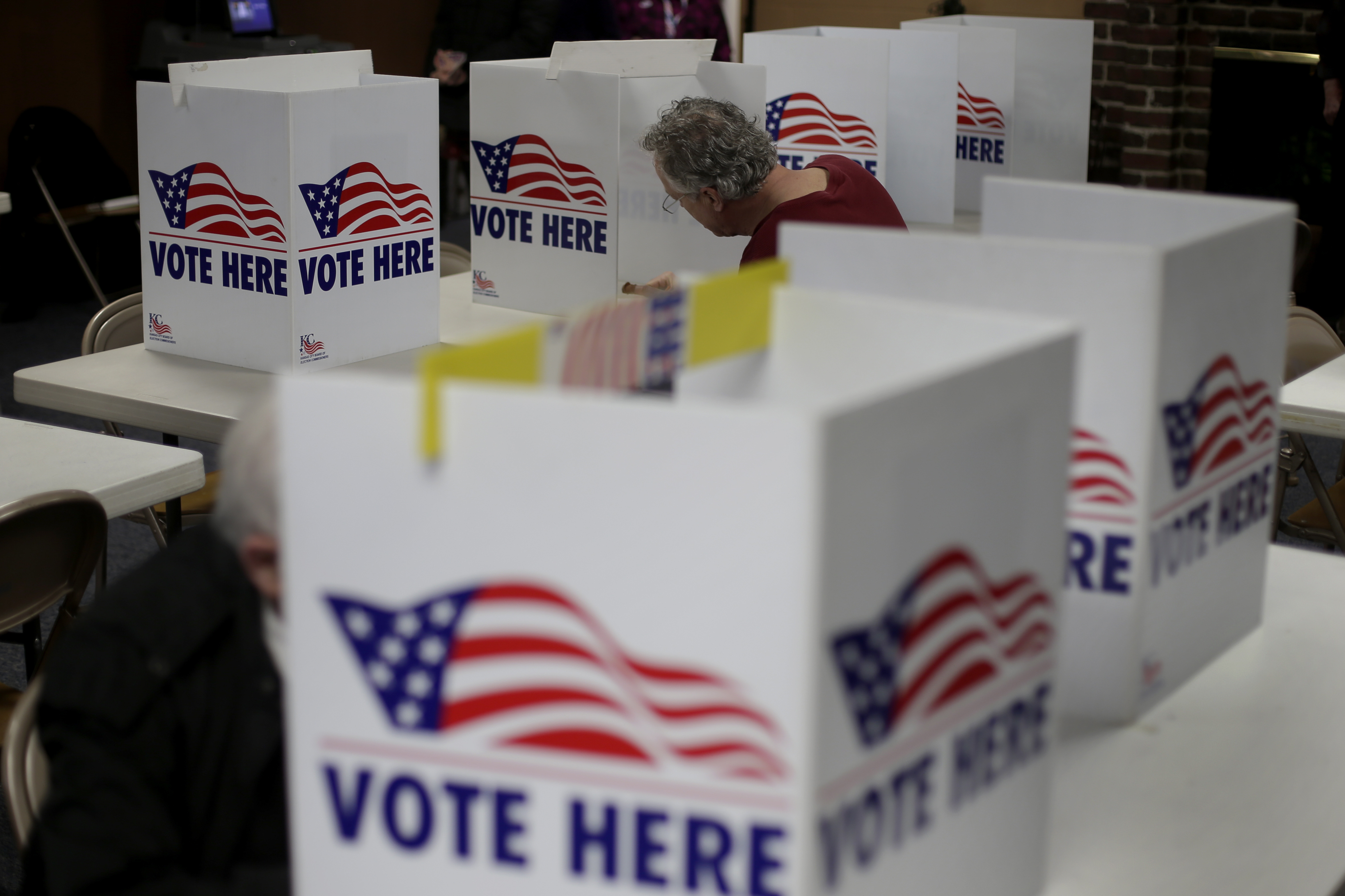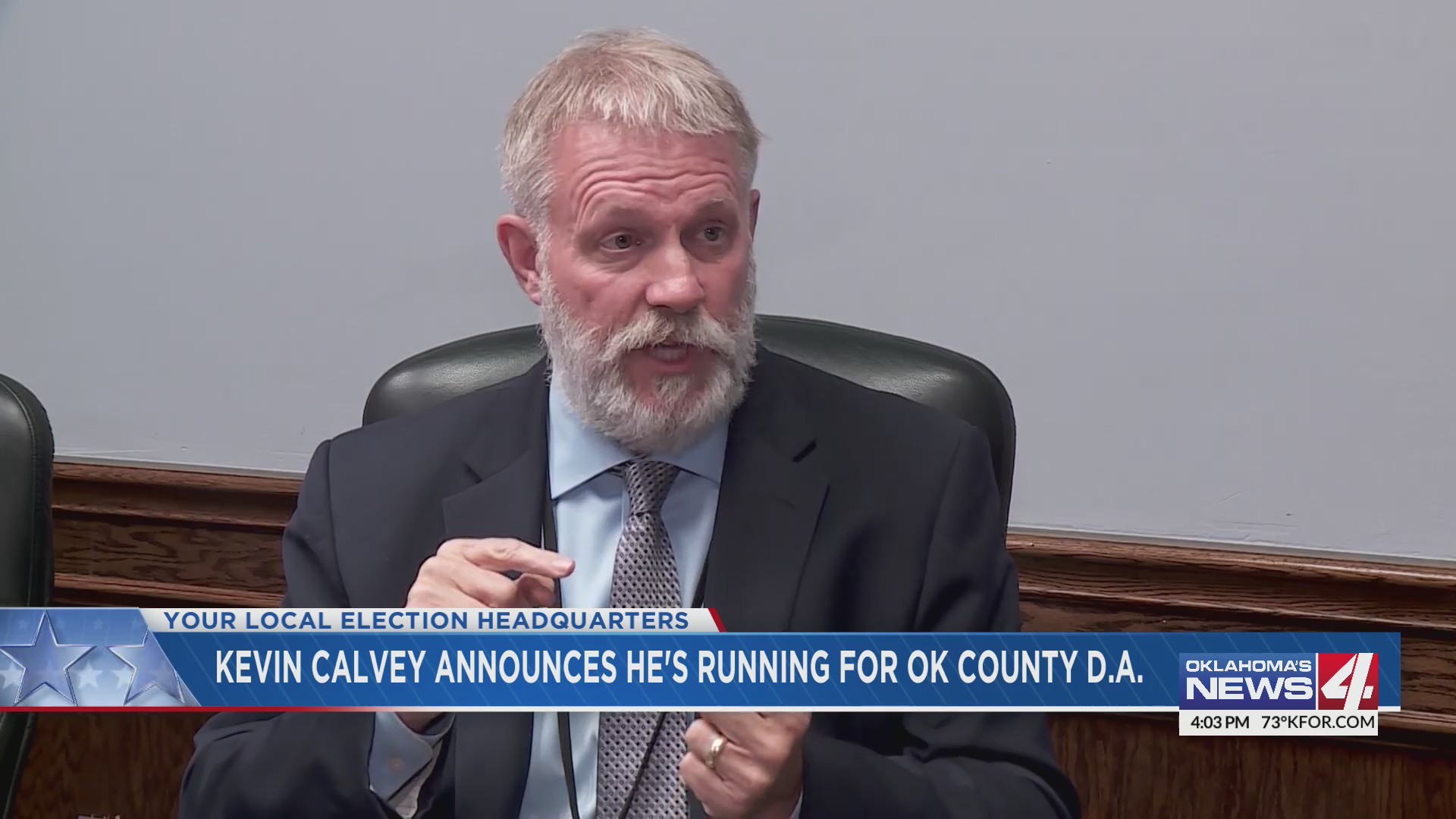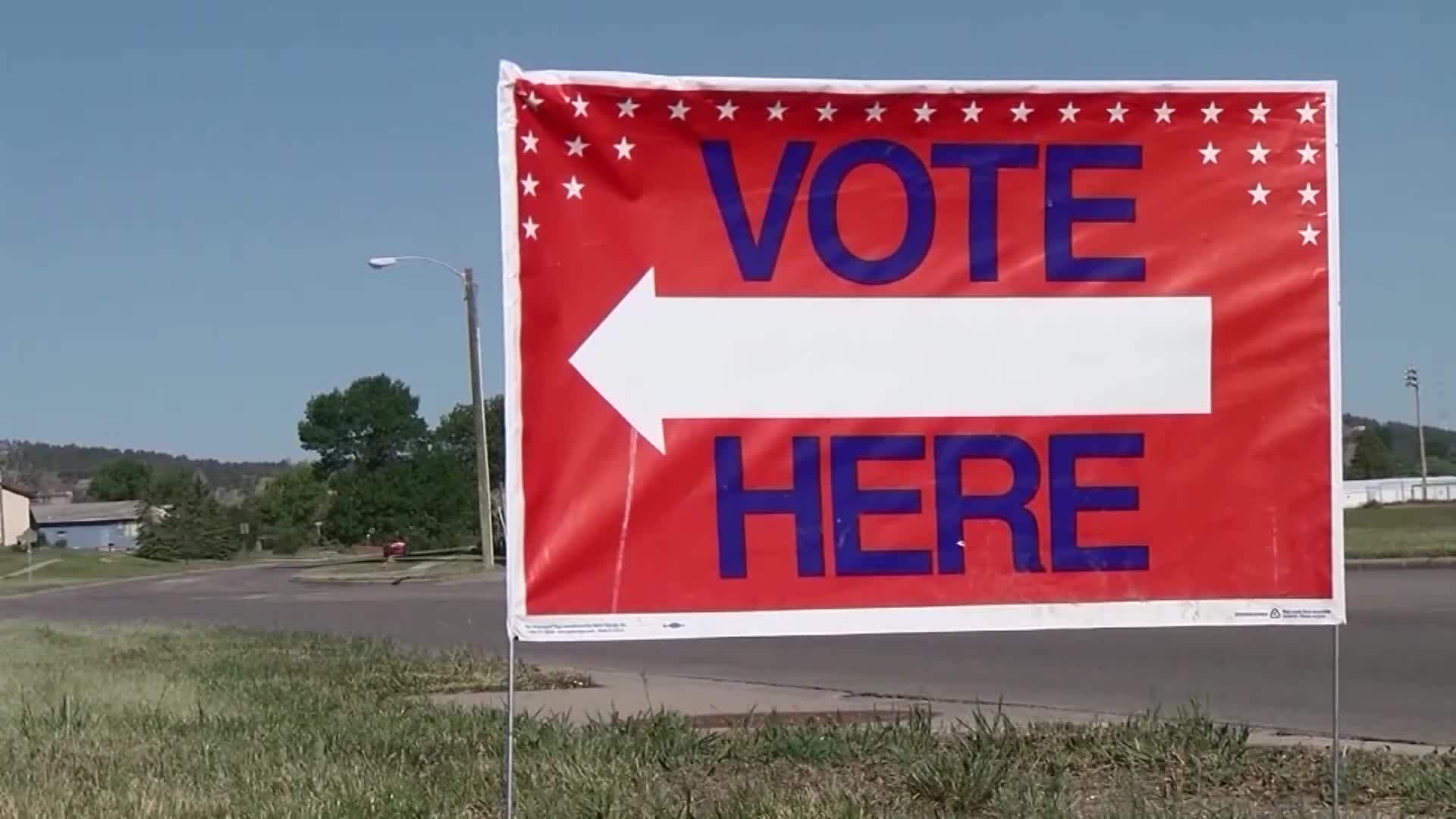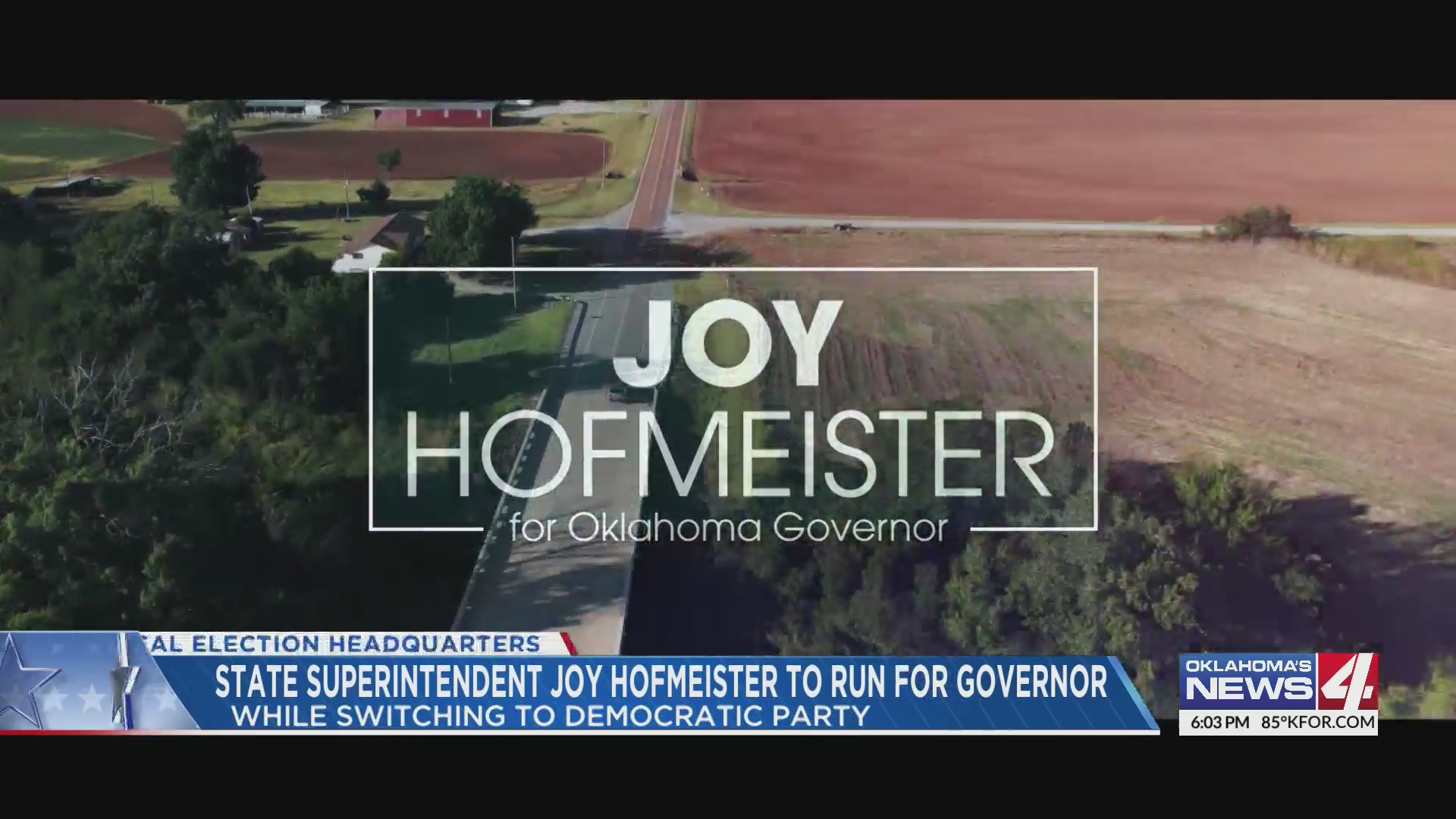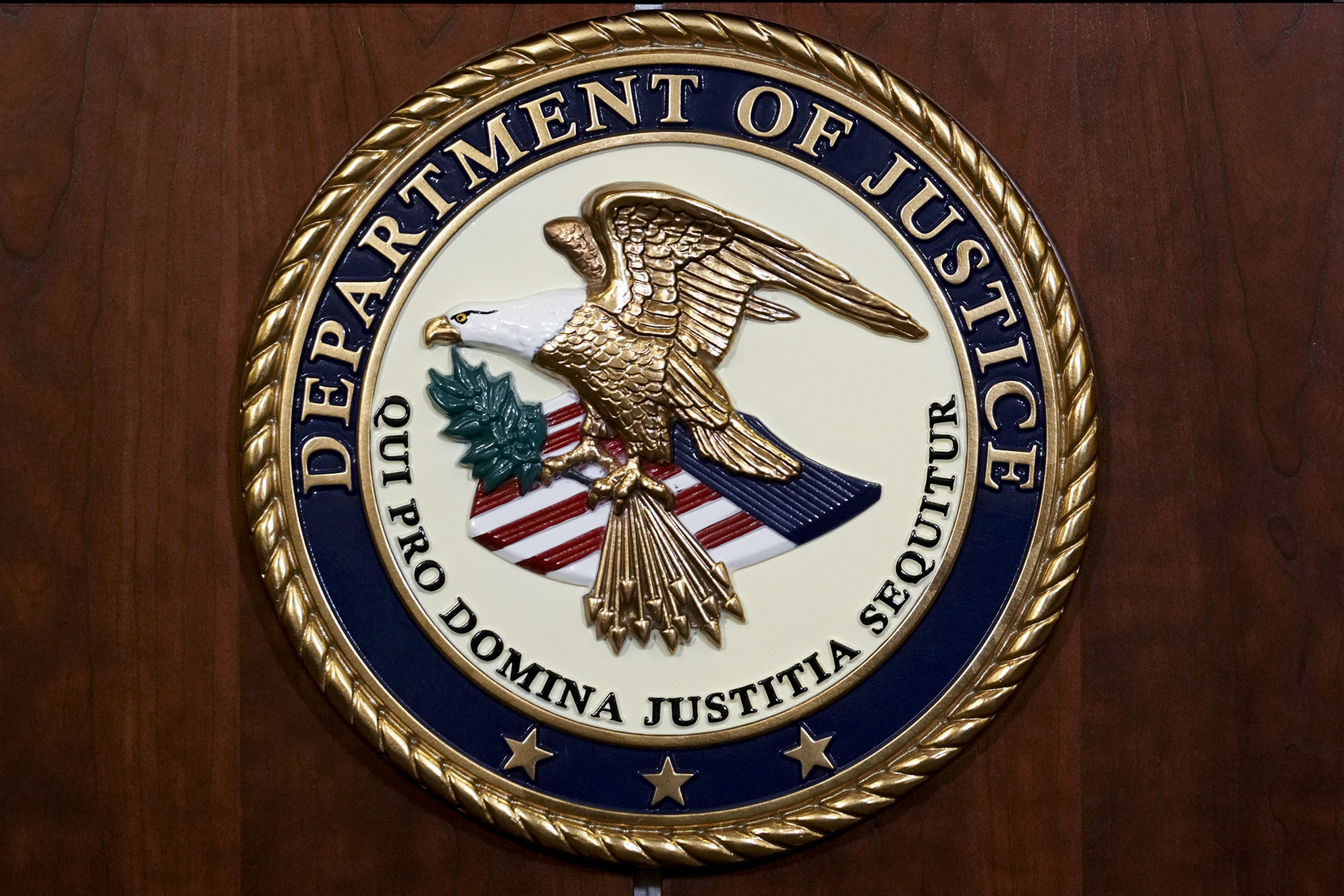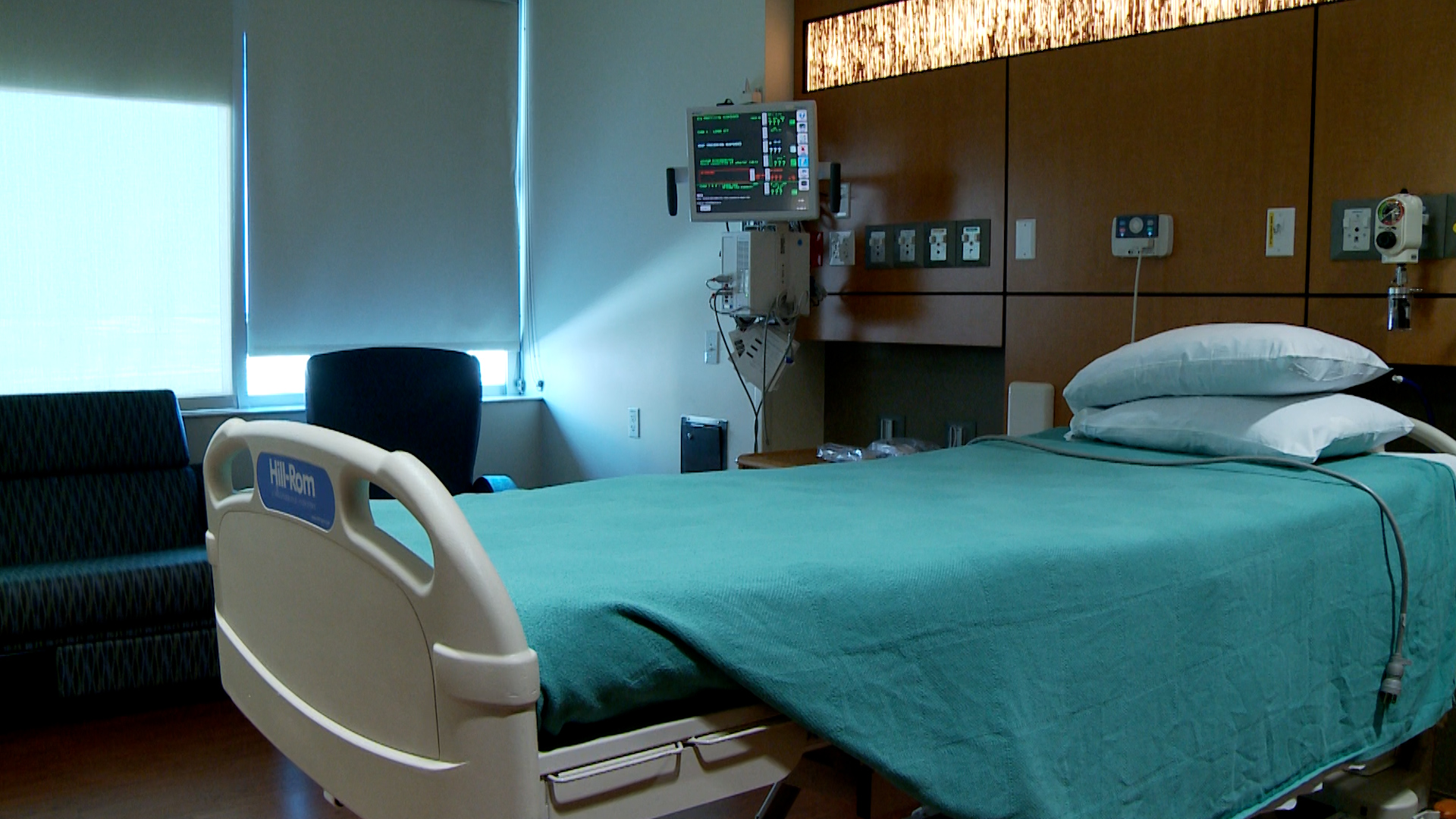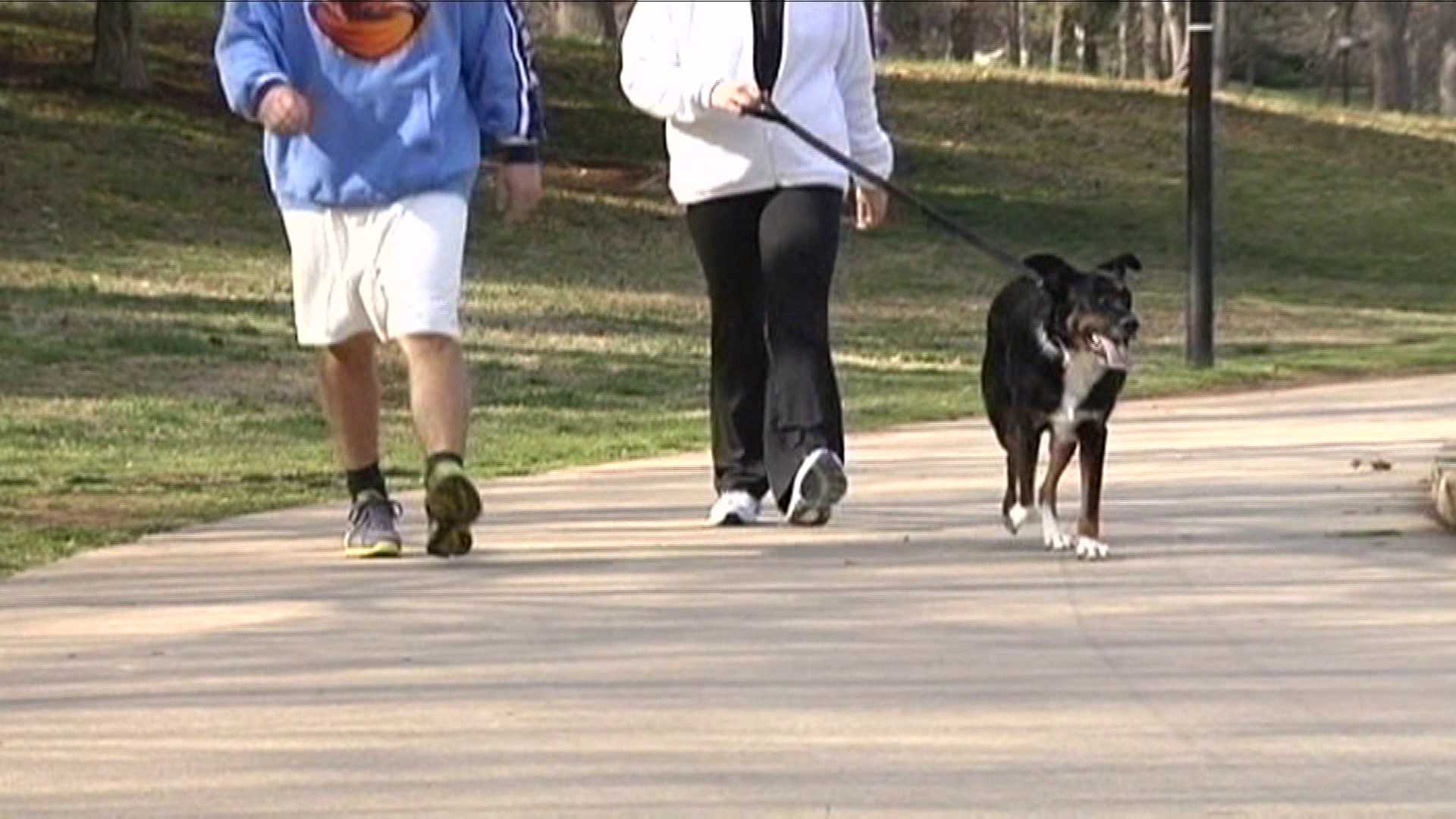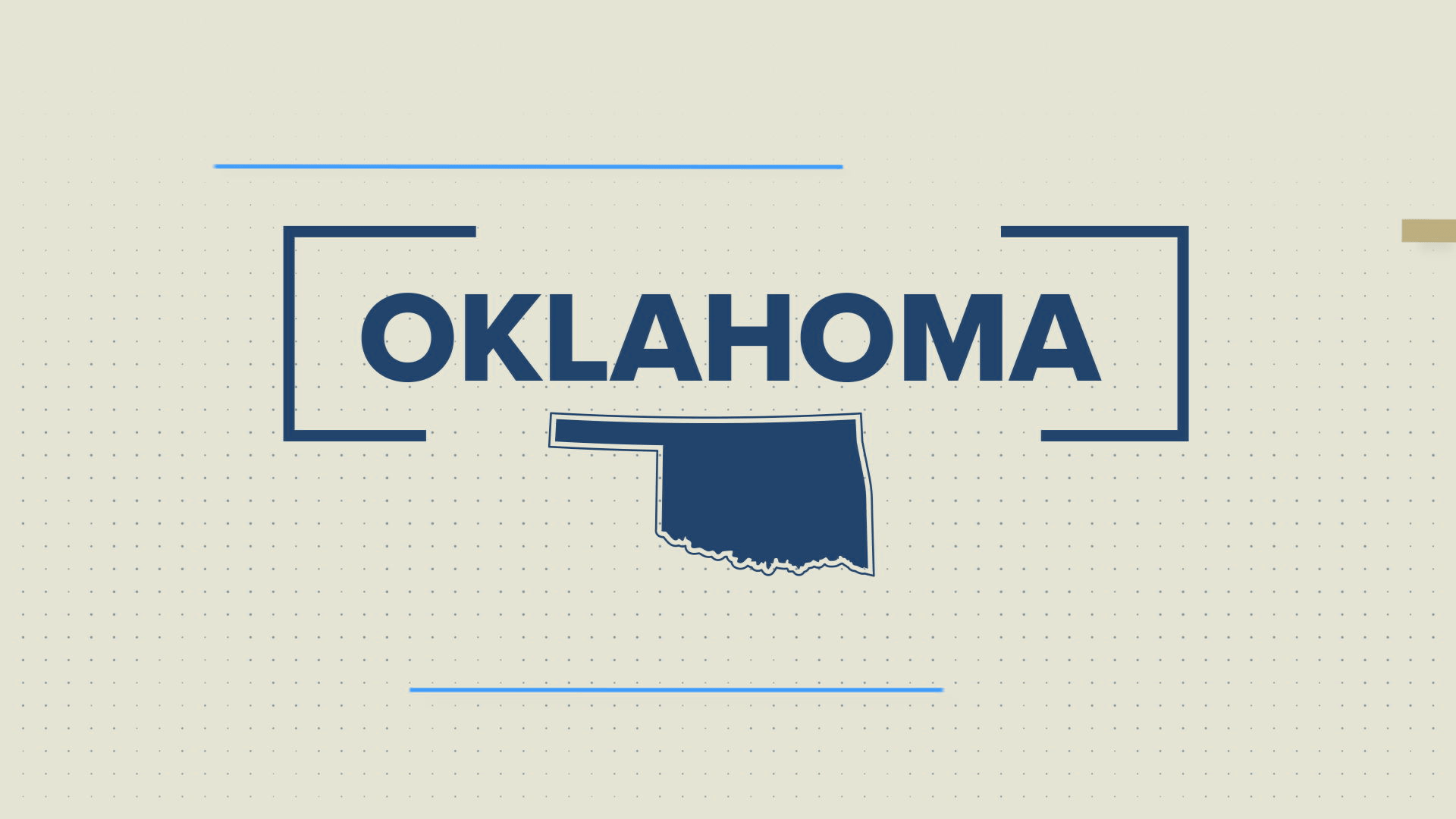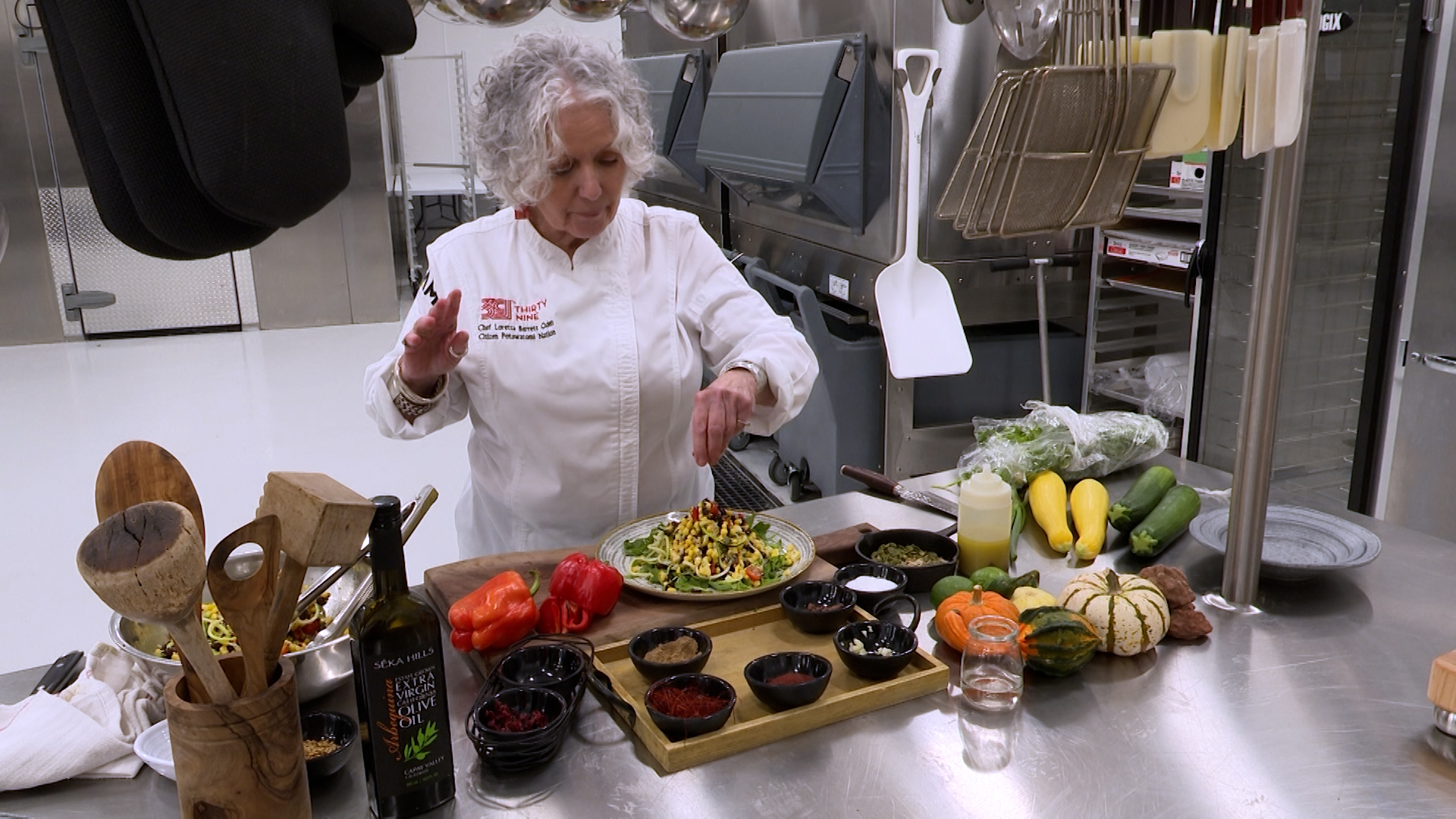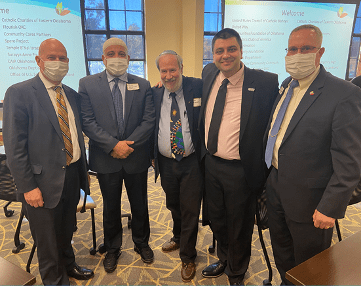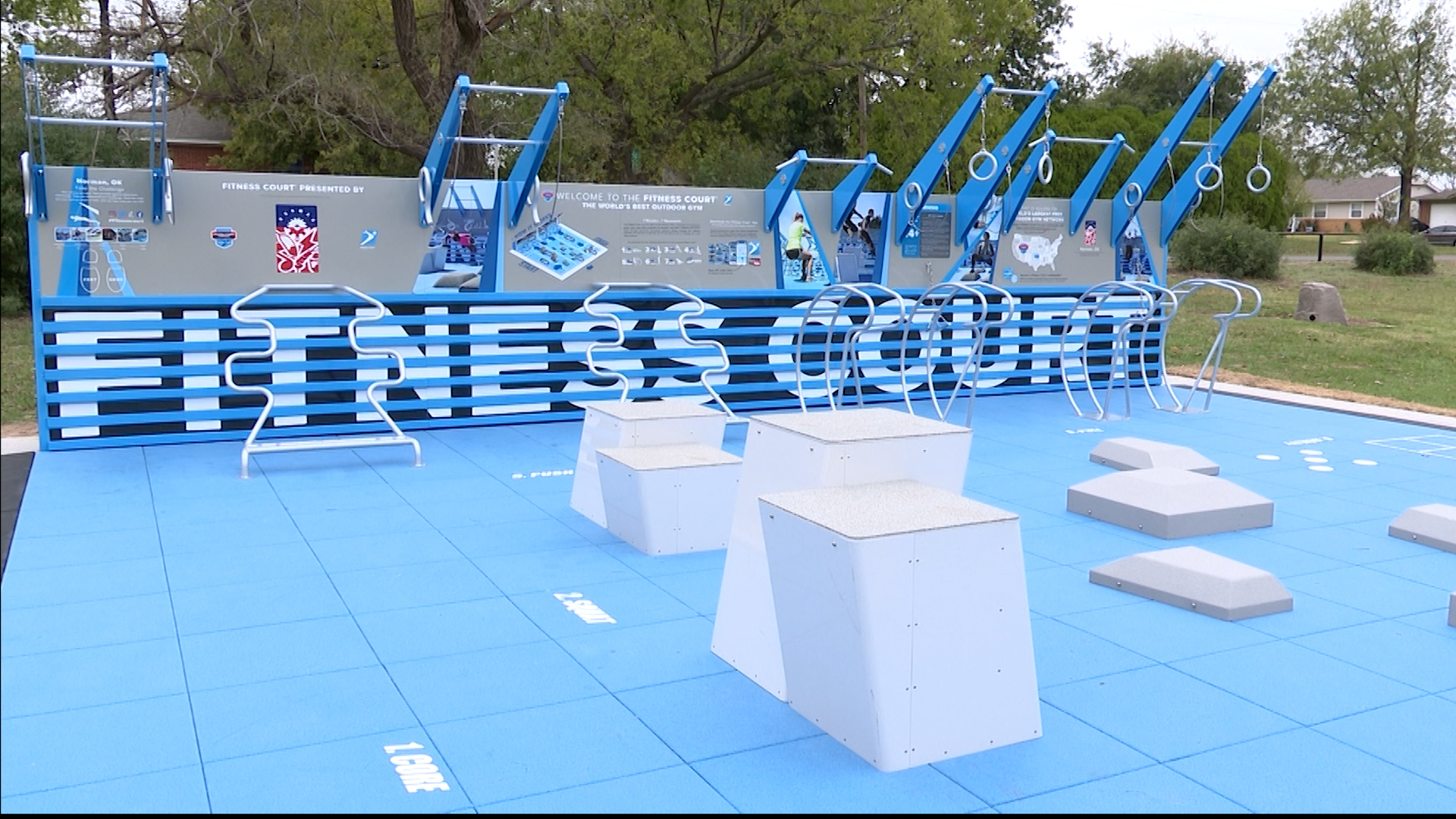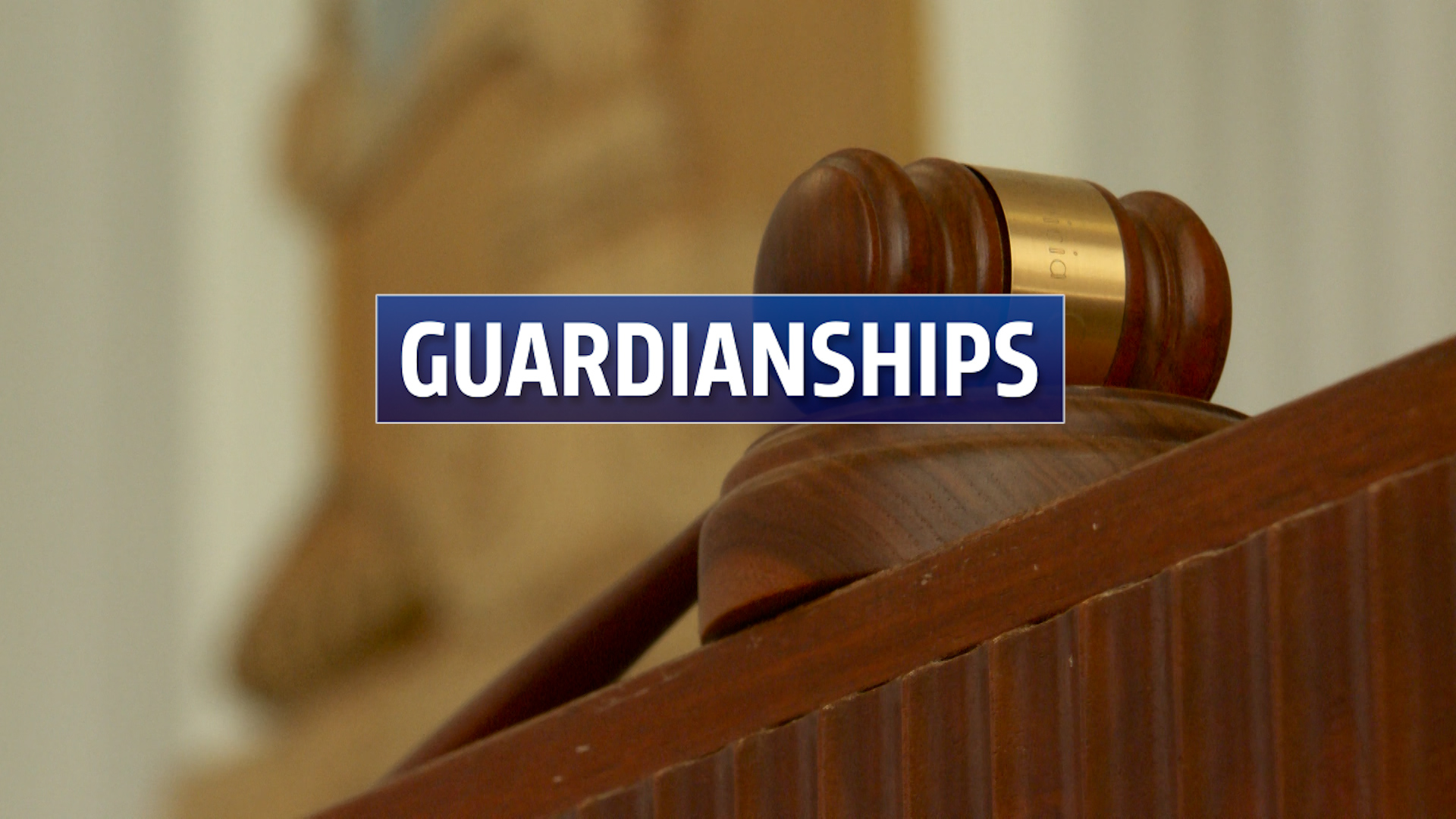OKLAHOMA CITY (KFOR) – The Tulsa Race Massacre’s legacy will be reflected upon during a roundtable discussion in Oklahoma City on Saturday.
The Oklahoma Historical Society will host ‘Legacy of the Tulsa Race Massacre’ at 1:30 p.m. Saturday, June 12 at the Oklahoma History Center, 800 Nazih Zuhdi Drive, in Oklahoma City. Limited seating will be available on a first-come, first-served basis.
The discussion will focus on how race relations developed in Oklahoma after the Tulsa Race Massacre, one of the most horrific events of racial violence in both the state’s and the nation’s history.
Several perspectives will be presented from different aspects of Oklahoma’s African American Community.
J. D. Baker, special assistant to Oklahoma City Mayor Holt, will moderate the panel, which will include the following panelists:
- Brenda Alford, who will share her family’s story of surviving the Tulsa Race Massacre;
- Dr. Brandy Thomas Wells, an Oklahoma State University professor, who will provide historic context for and ramifications of the massacre;
- The Rev. Dr. Robert Turner of Historic Vernon Chapel A. M. E. Church, who will give the perspective of a community leader in Tulsa.
The Oklahoma Historical Society provided the following detailed descriptions of the panel particpants:
“Brenda Nails-Alford is the proud granddaughter of 1921 Tulsa Race Massacre survivors and Black Wall Street entrepreneurs. She serves on the 1921 Tulsa Race Massacre Centennial Commission, Tulsa Race Massacre Commemorative Grant Program Committee, Greenwood Heritage Citizens Advisory Committee and chairs the Tulsa Mass Graves Public Oversight Committee. Nails-Alford is honored to serve in these capacities to raise awareness of the history of Greenwood`s Black Wall Street and bring some sense justice and healing to a community that suffered greatly.
Dr. Brandy Thomas Wells earned her Ph.D. at Ohio State University and is a professor of history at Oklahoma State University. She is currently preparing a book manuscript that analyzes African American womens international interests and activities from the 1890s through the 1960s. Her work illuminates how members of the National Association of Colored Womens Clubs and the National Council of Negro Women pursued anti-colonial and anti-imperialist agendas, and how they communicated, cooperated and competed in the overall quest for civil and human rights. Dr. Wells`s essays have appeared in the journal Origins and the collection “Women and Modern Empire, 1840 to the Present.”
Rev. Dr. Turner is the pastor of the Historic Vernon Chapel A. M. E. Church in Tulsa. He is also the academic dean for Jackson Theological Seminary in Little Rock, Ark. Turner is on several boards and involved in many other organizations in Tulsa, including for the American Village, Crutcher Foundation and the North Tulsa Task Force. Since coming to Tulsa in 2017 he has become a tireless advocate for Greenwood. Through his leadership, the church has been placed on the National Register of Historic Places.
J. D. Baker serves as the special assistant to Oklahoma City Mayor David Holt. He is a sixth-generation Oklahoma City resident who graduated from the University of Oklahoma with a bachelor of arts in public relations. While at OU, he received the Clara Luper Department of African and African American Studies Leadership Award. Along with his position in the mayors office, Baker serves on the Board of Directors for the Oklahoma City Black Chamber of Commerce. He was recently recognized in the top five of Oklahoma Citys “Most Powerful Young Professionals” by OKC Friday newspaper for the second year in-a-row.”
OHS’s Black Heritage Committee and the Oklahoma History Center Education Department is sponsoring the roundtable discussion on the Tulsa Race Massacre. Call (405) 522-6676 for more information.
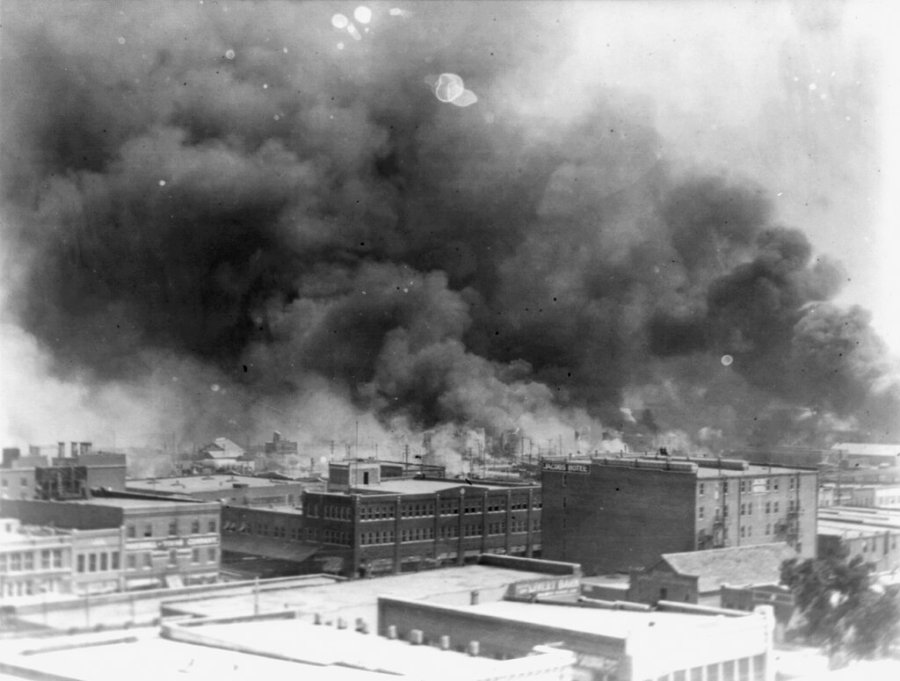
The Tulsa Race Massacre began on May 31, 1921, after a young Black teenager named Dick Rowland was accused of sexually assaulting a young white woman named Sarah Page.
A white mob laid siege to Tulsa’s Greenwood District, a prosperous Black community referred to as Black Wall Street. The mob killed and wounded scores of Black community members and looted and set fire to homes and businesses.
The 35-block district that had boomed with hundreds of thriving black businesses was reduced to charred ruins. Amid the destruction, hundreds of Black residents were killed and 800 others injured.
The 18 hours of unfathomable horror became mostly forgotten, and the Greenwood District, a shining beacon of Black prosperity and emergence during a time of immense racial suppression, never fully recovered.
Historians believe as many as 300 people were killed in the massacre.
Page later recanted her claim that Rowland assaulted her.

The Tulsa Race Massacre’s centennial was commemorated on May 31 and June 1. President Joe Biden and the Rev. Jesse Jackson visited Tulsa on June 1 to honor the massacre’s myriad victims.
Jackson participated in protests at Tulsa City Hall and spoke during a Tulsa City Council meeting. The Council passed a resolution during the meeting that includes an acknowledgement of and apology for the Tulsa Race Massacre from the city and calls for a community-led process toward reconciliation efforts.
Several events have been held this month in tribute to Tulsa Race Massacre victims. The remaining events are as follows:
Saturday, June 12
- “Legacy of the Tulsa Race Massacre” Roundtable Discussion – 1:30 p.m. – Oklahoma History Center
Saturday, June 12 – Monday, June 14
- Greenwood Film Festival – Greenwood Cultural Center and Circle Cinema
Friday, June 18
- BWS100 Cycling Event – 8 a.m. – 12 p.m. – Greenwood District
- Dedication of Historic Greenwood District Boundary Markers – 3:30-5:30 p.m. – 10 N. Greenwood Ave.
Saturday, June 19
- Juneteenth Festival – 9:21 a.m. – 10:21 p.m. – Greenwood District

